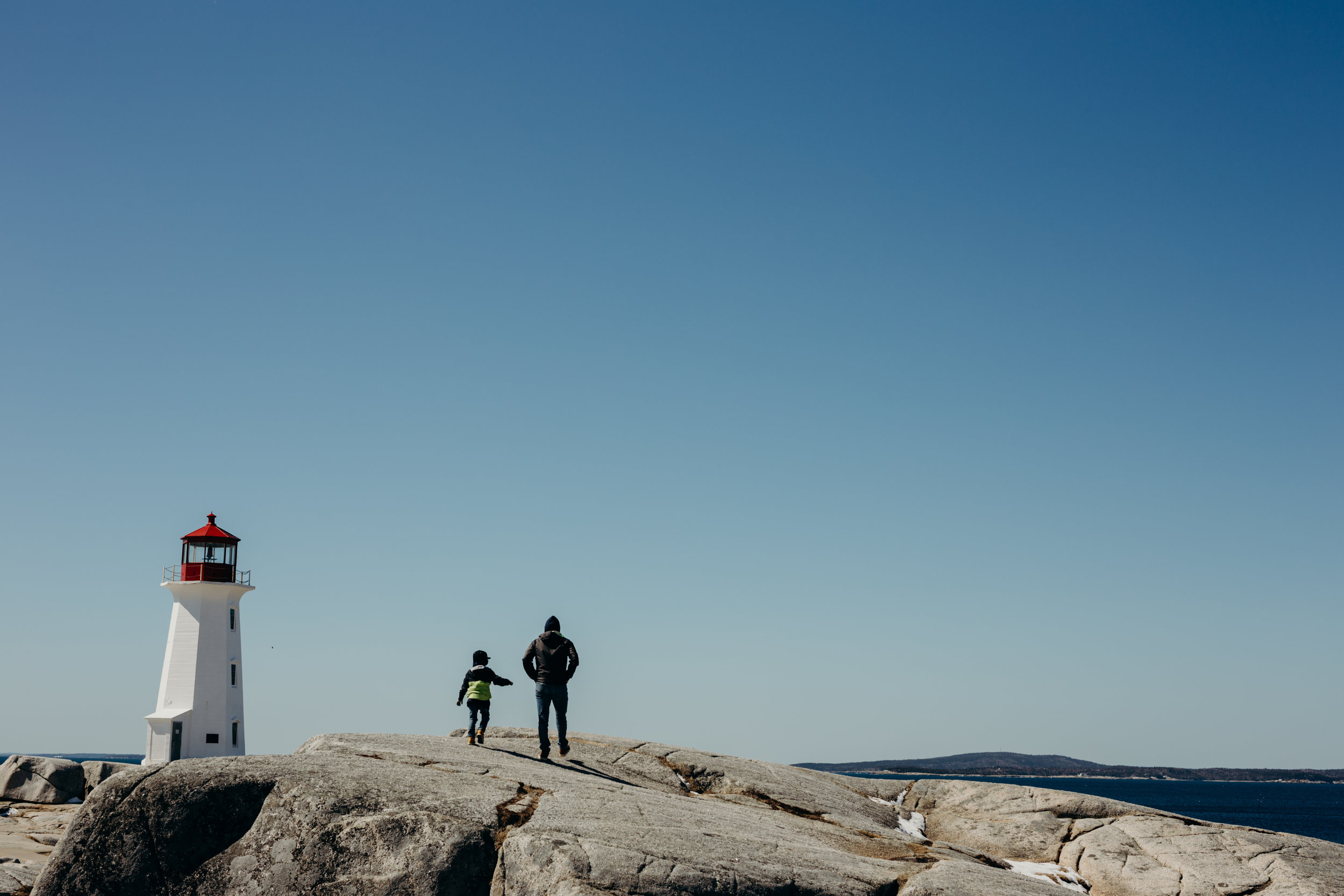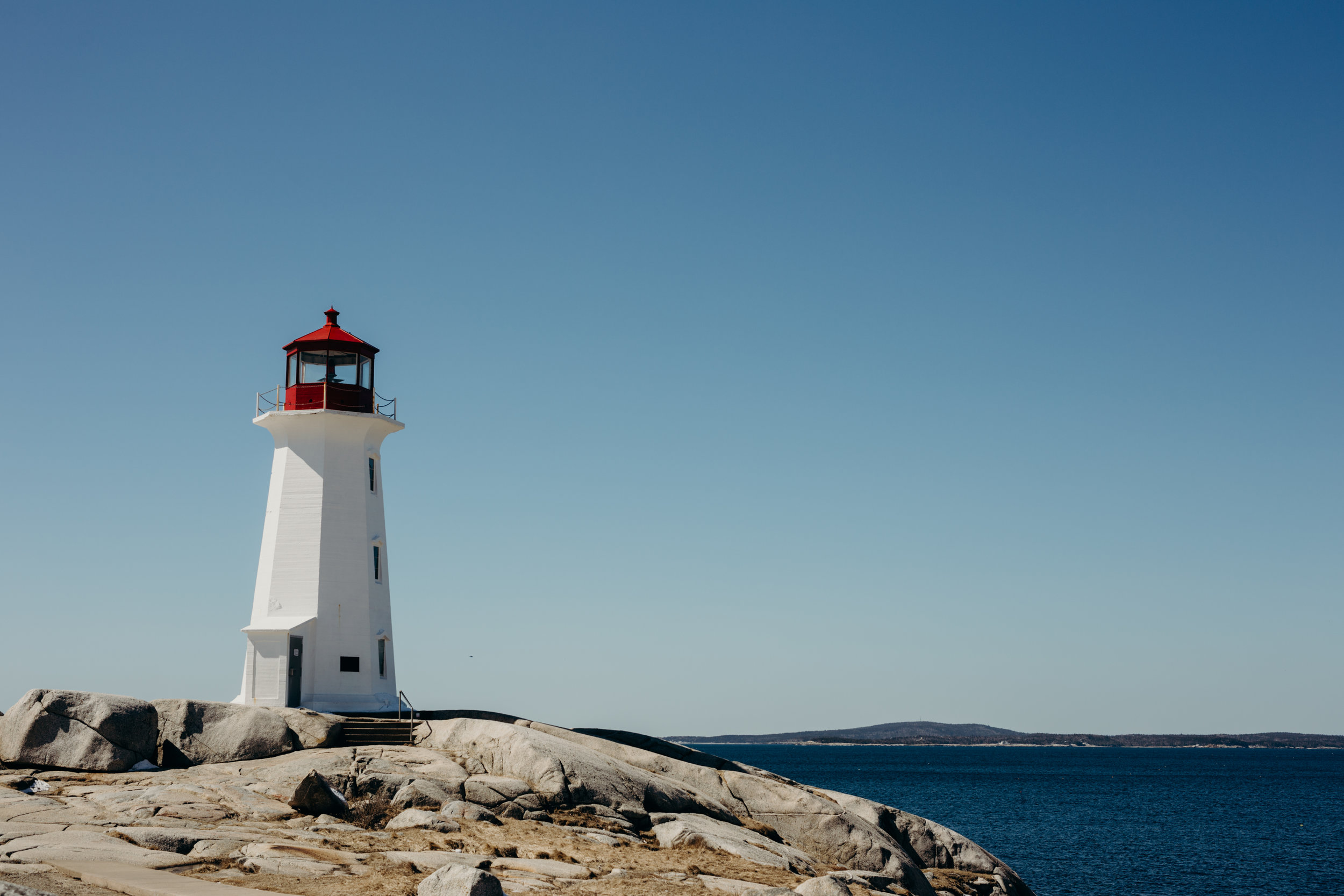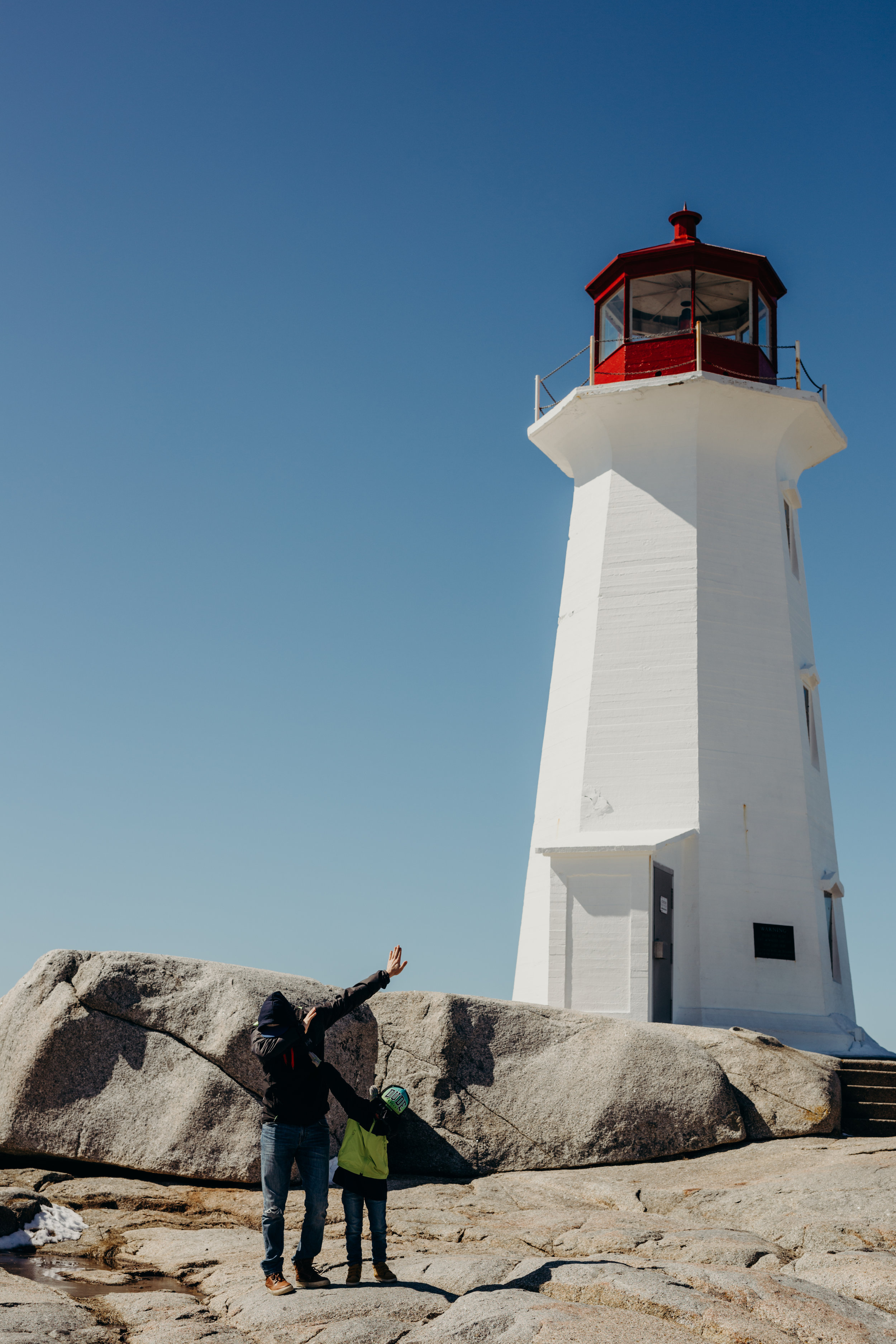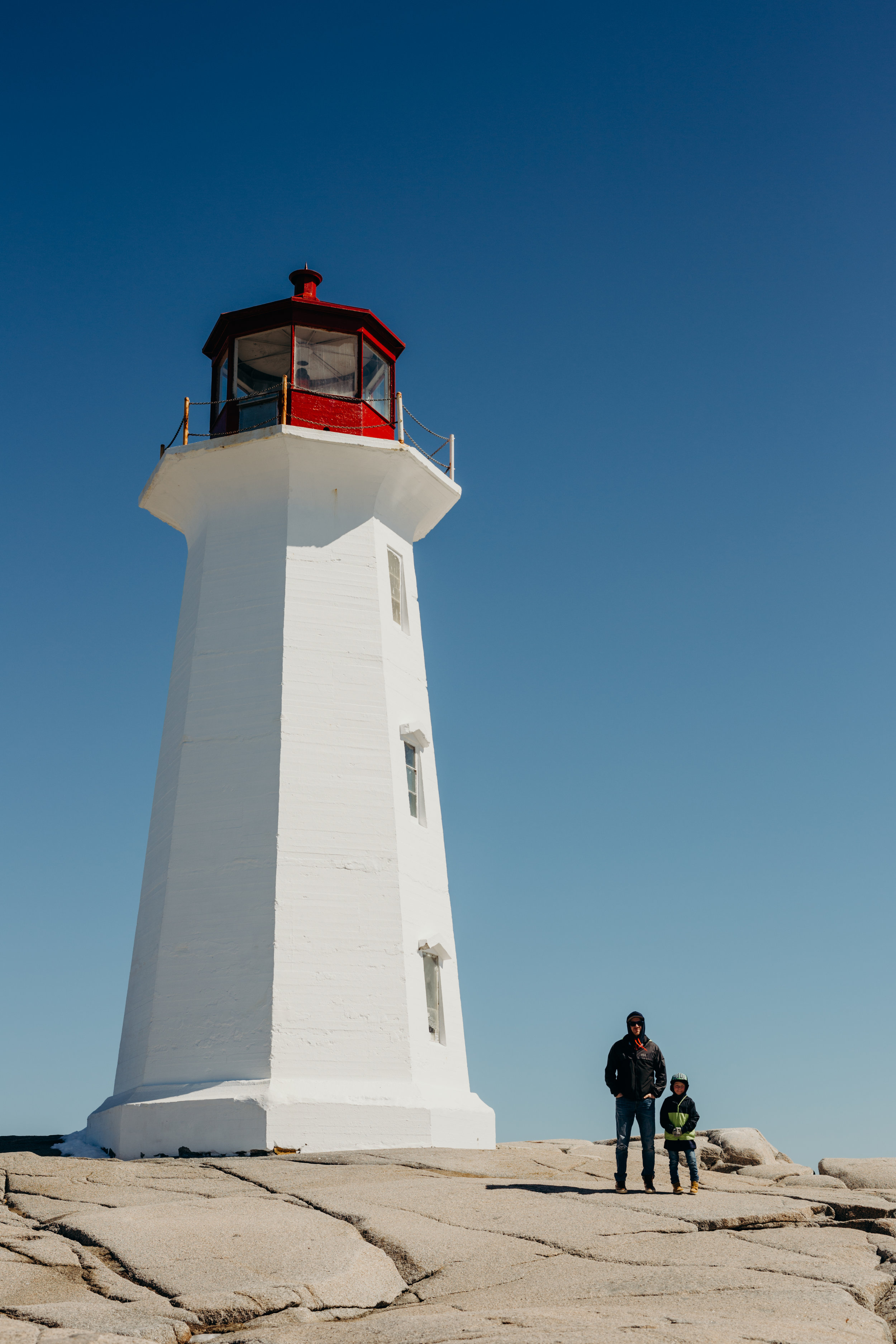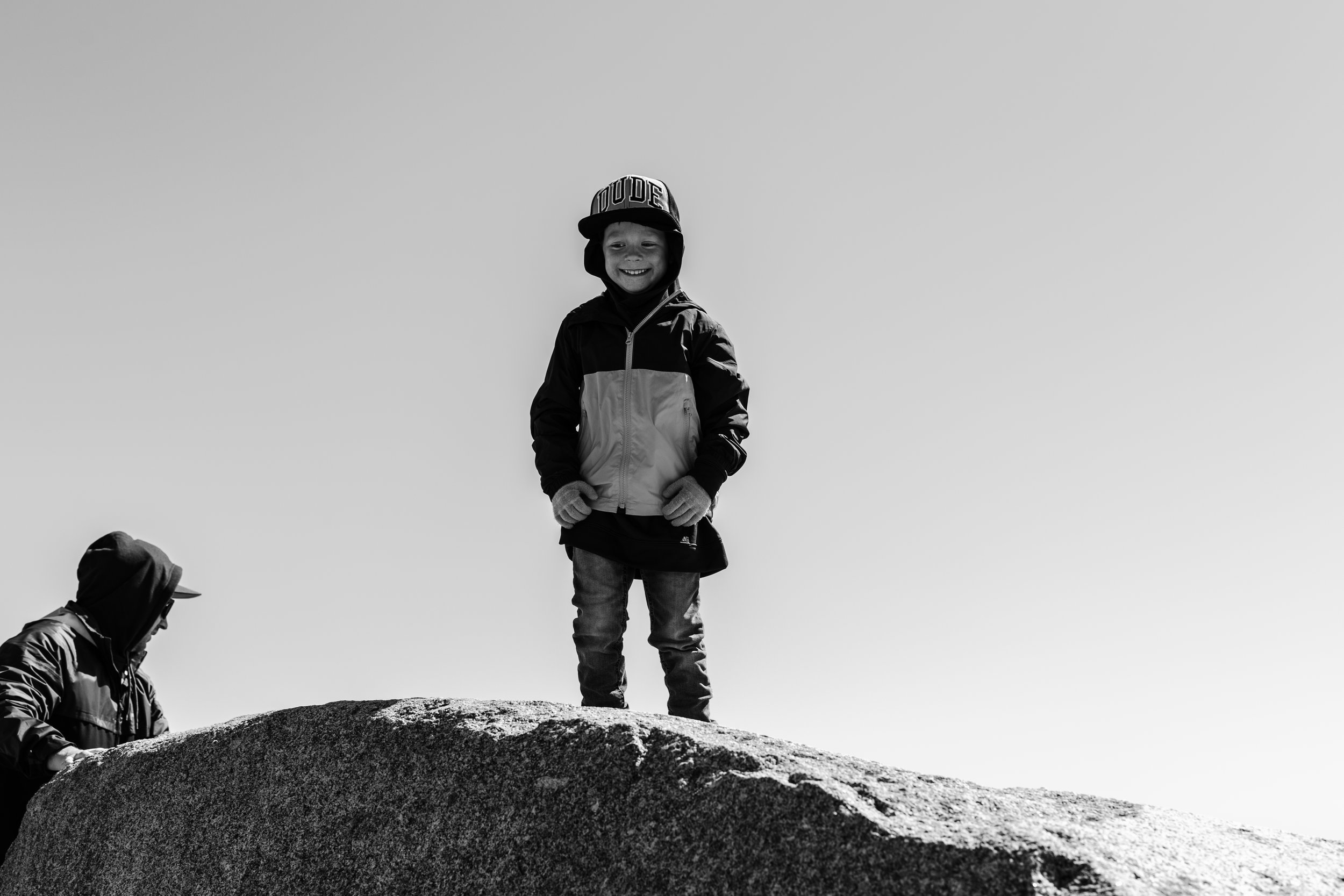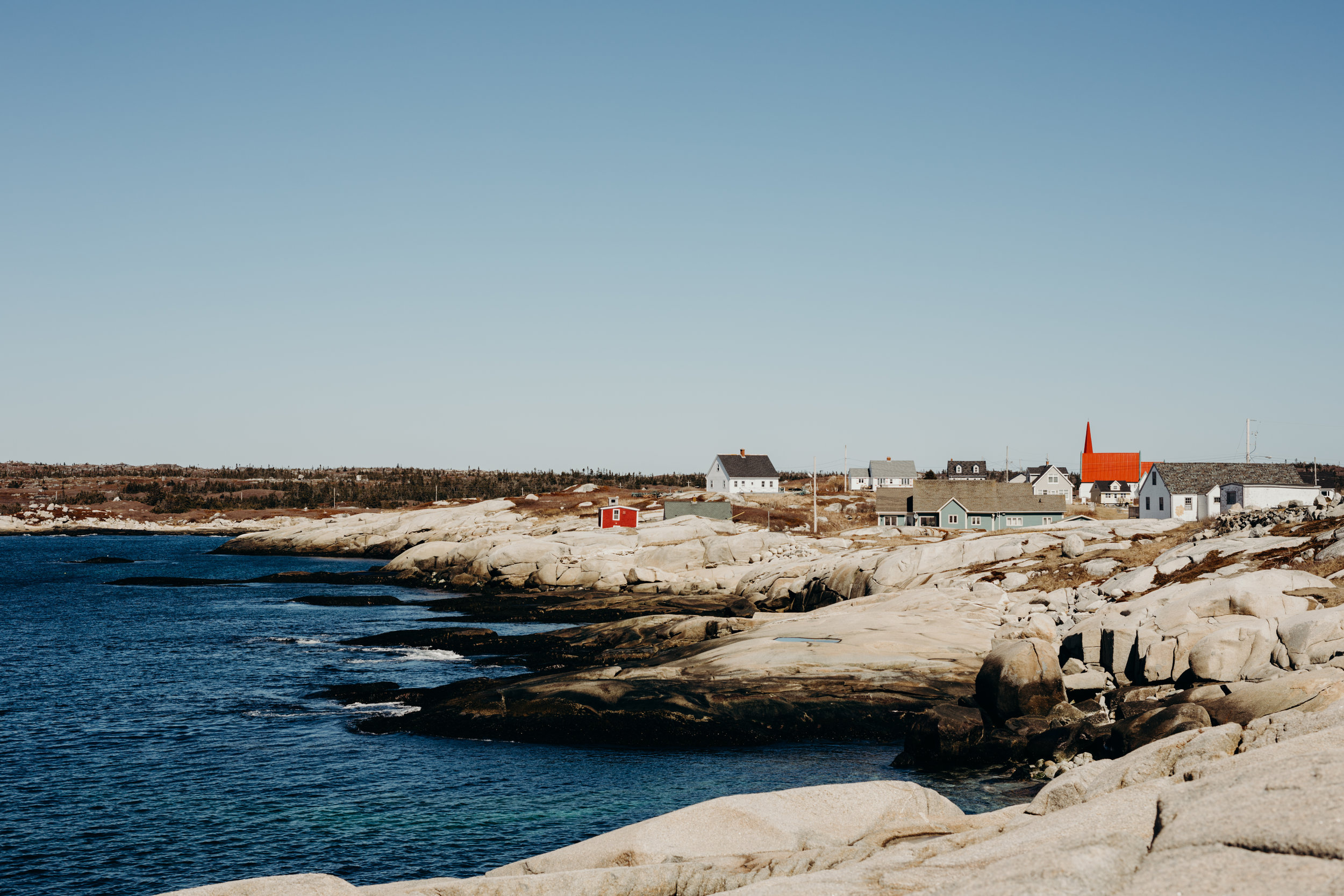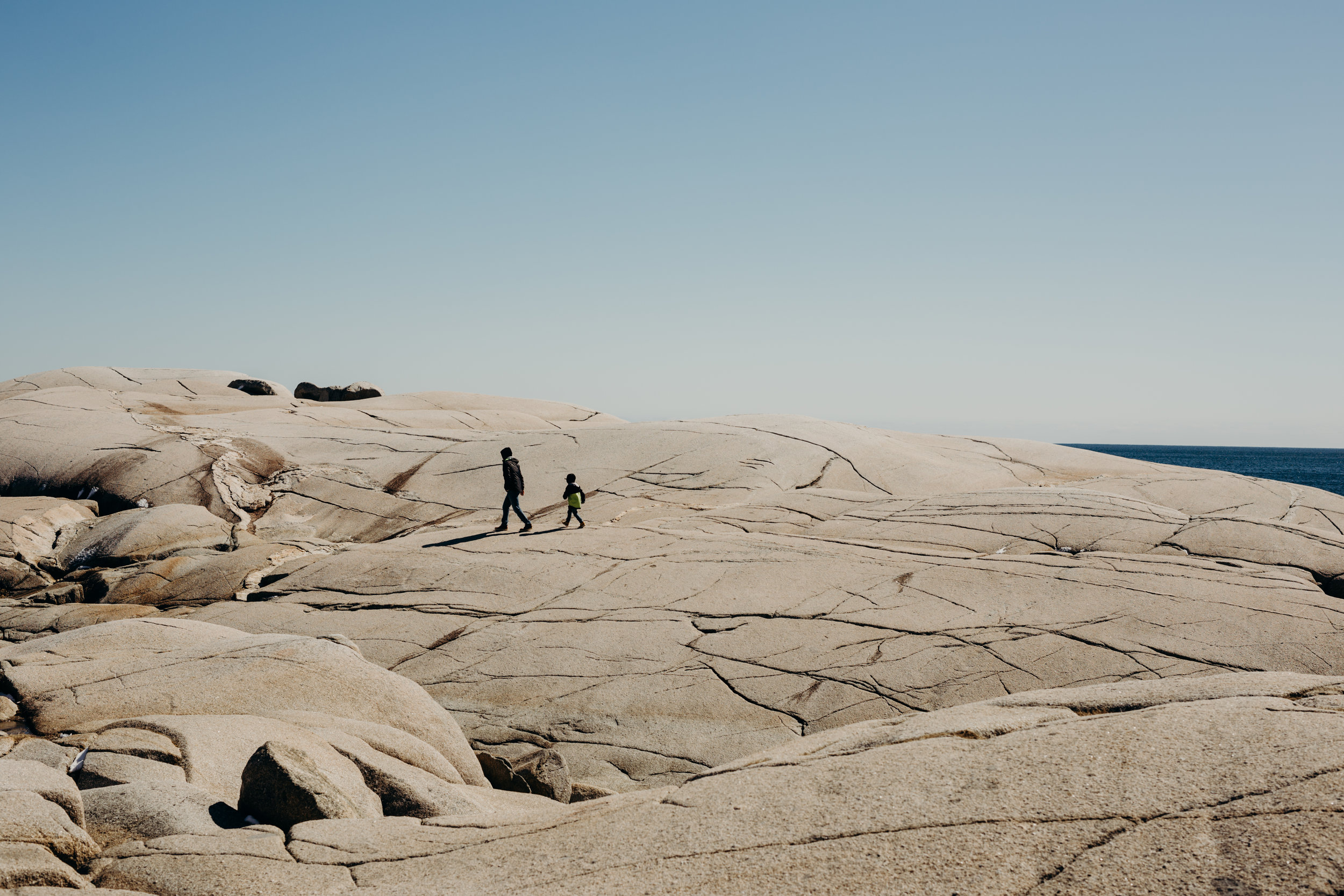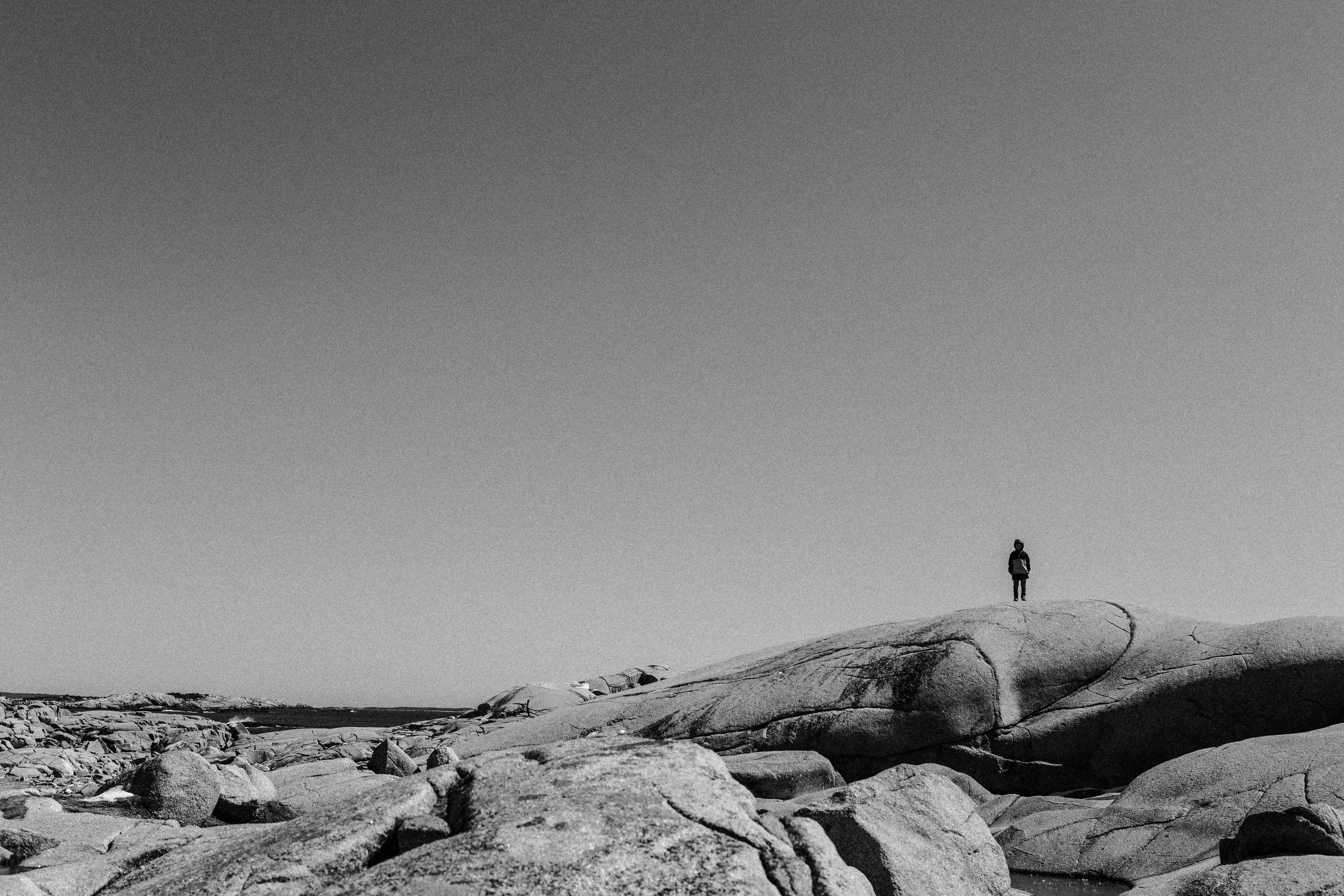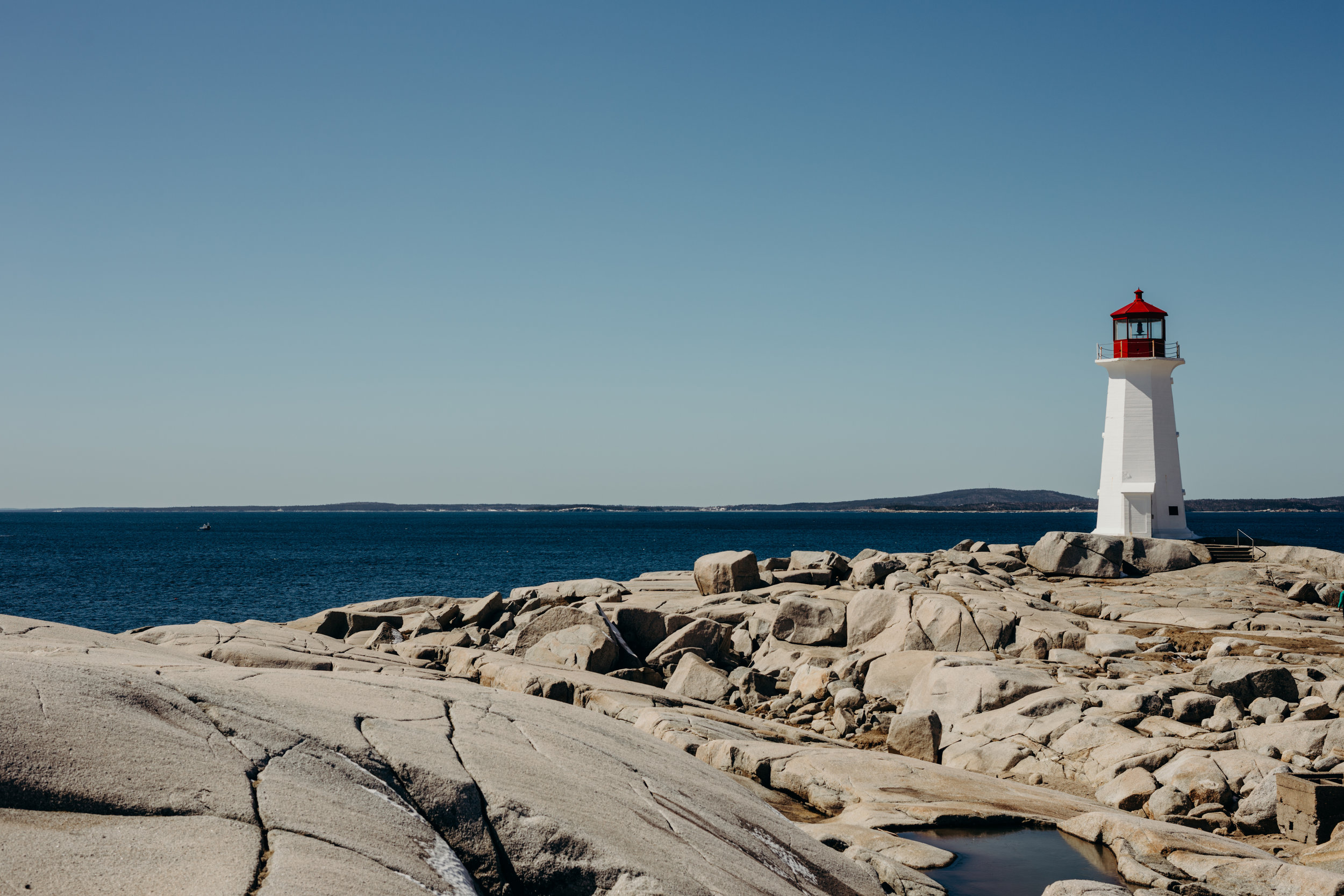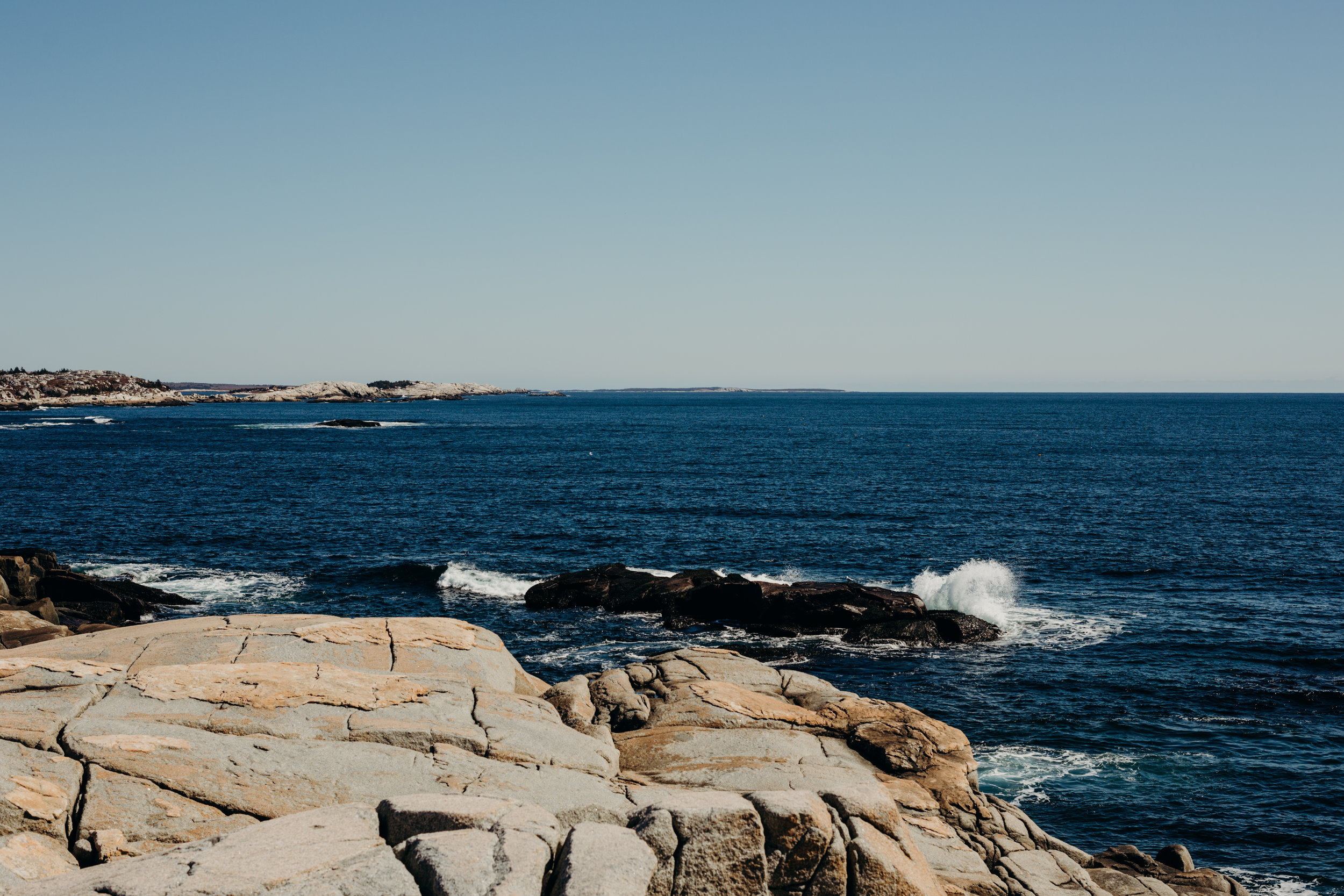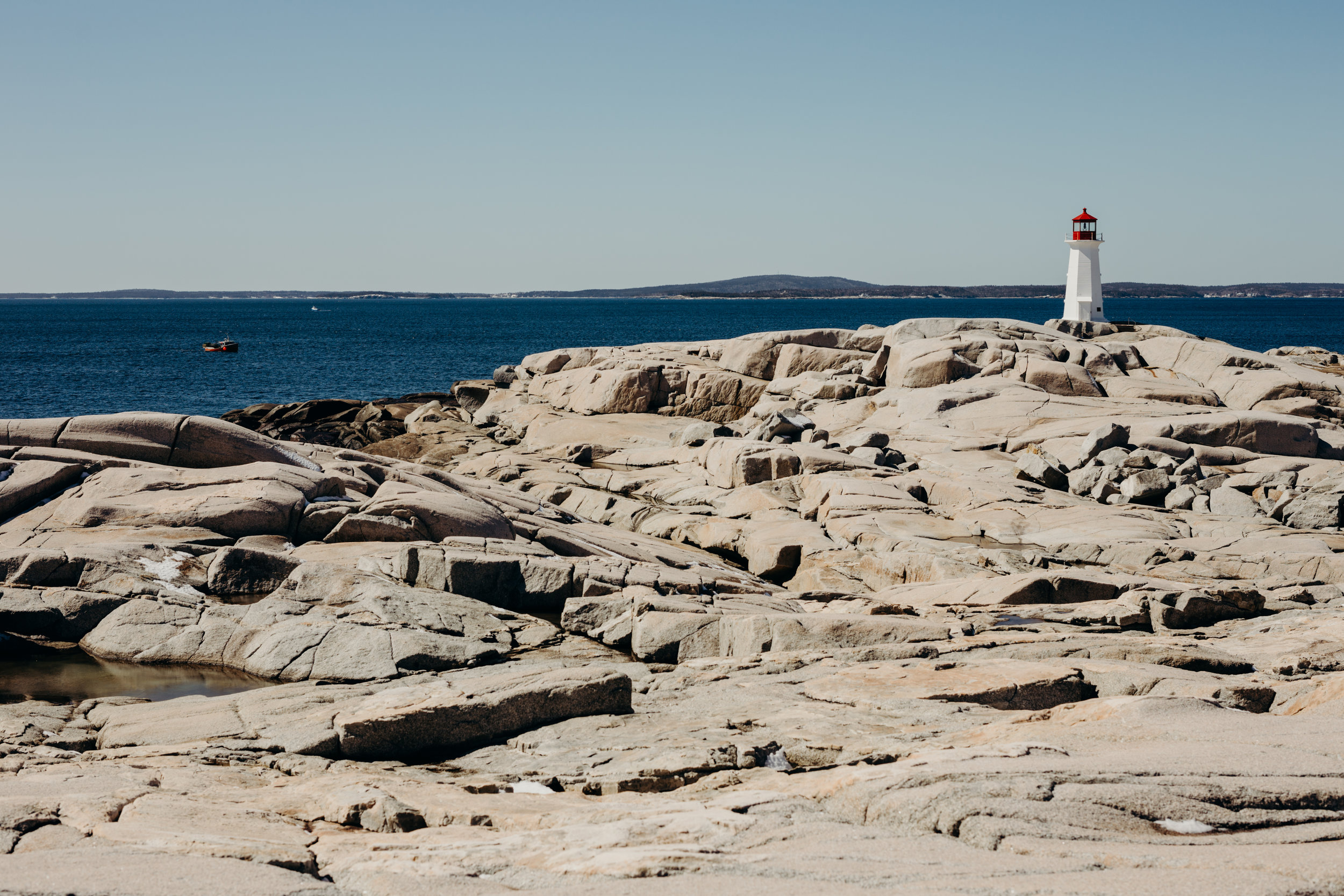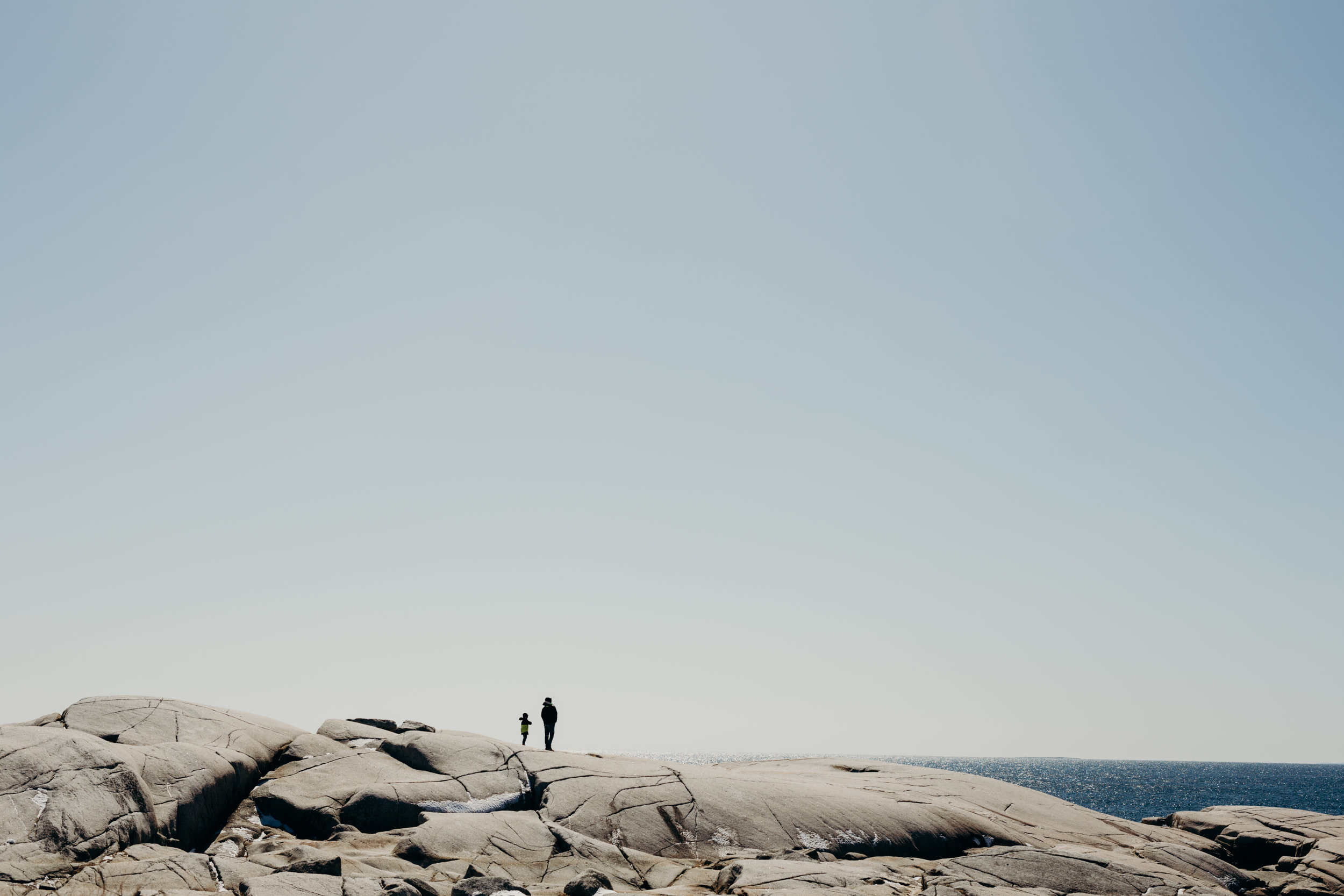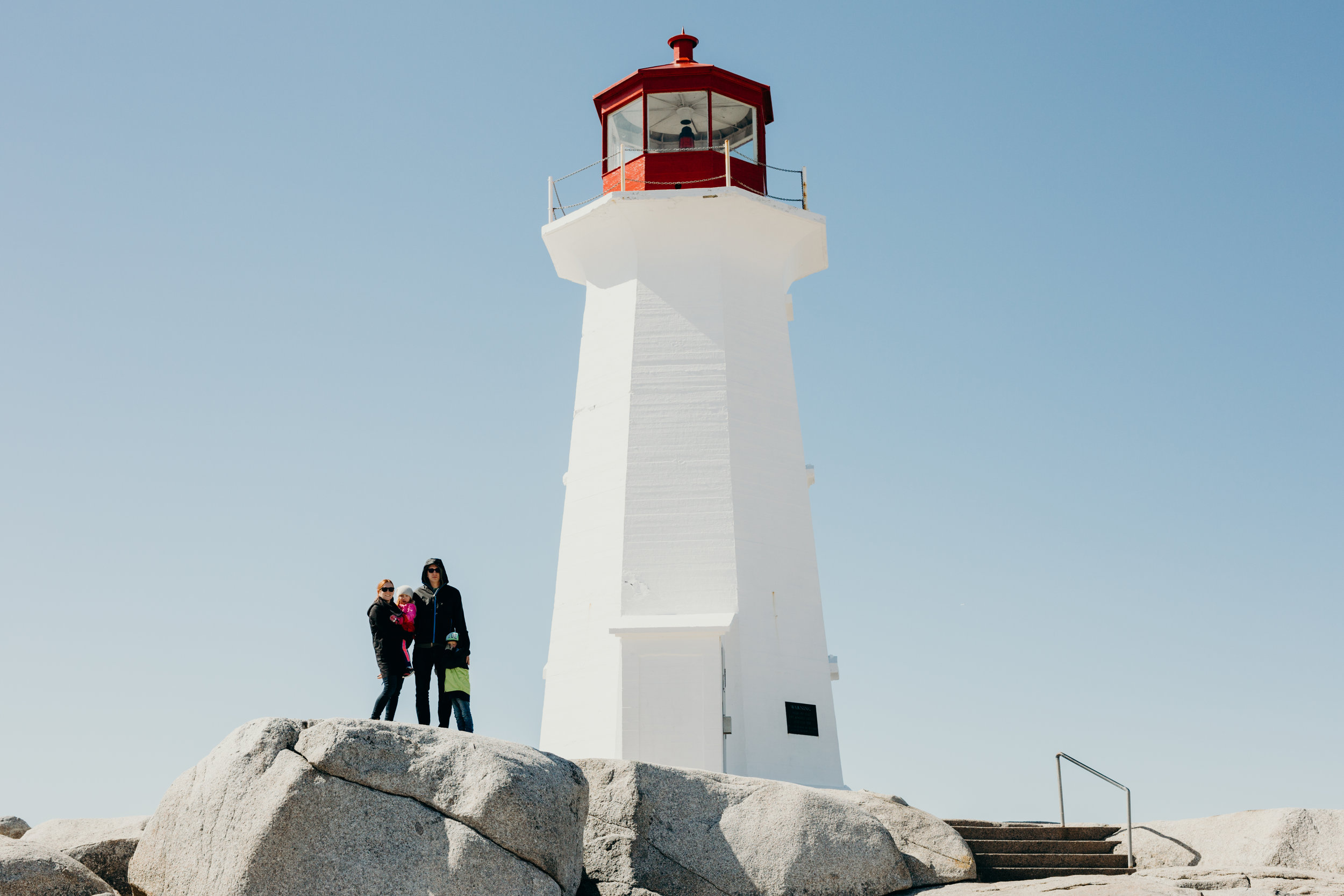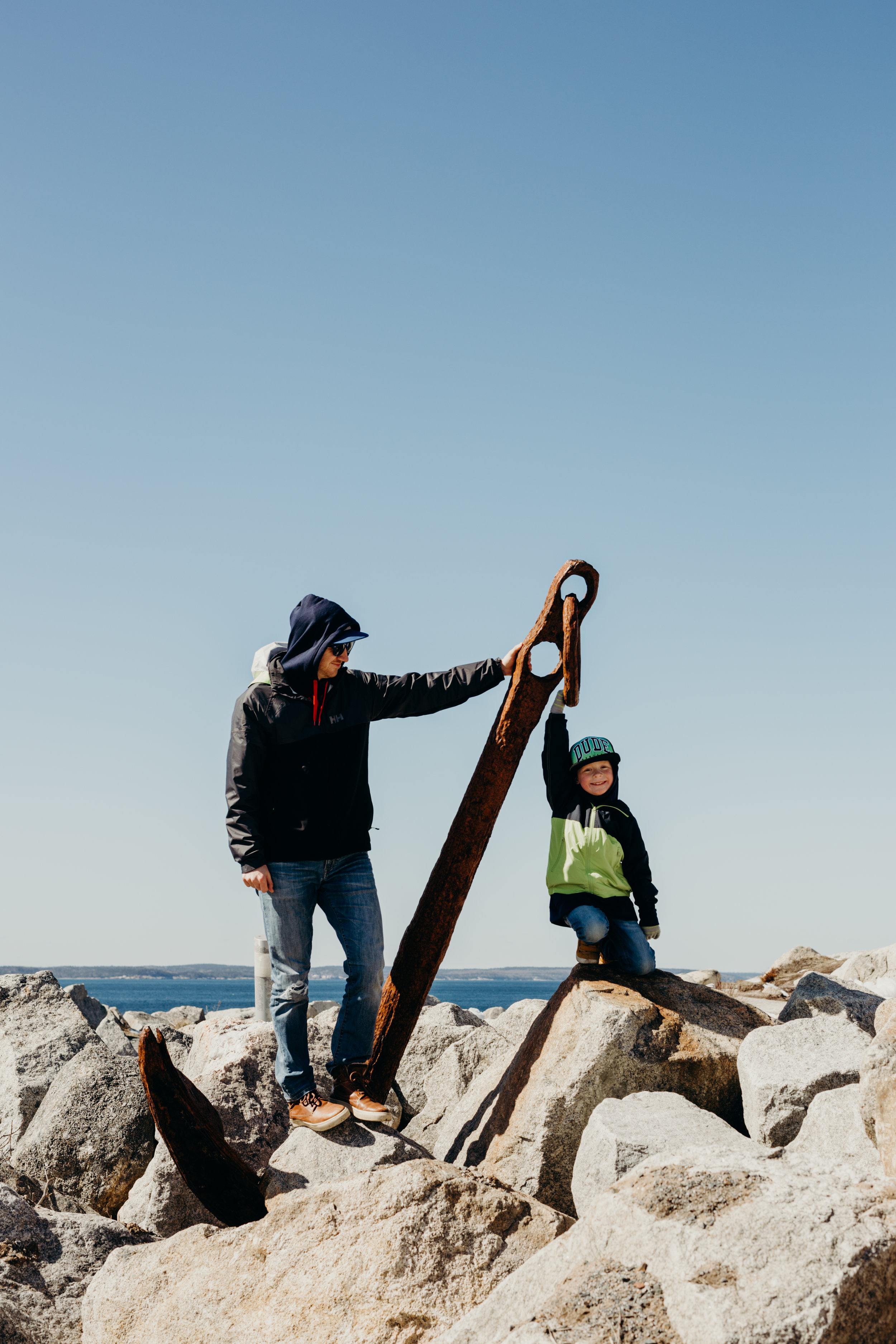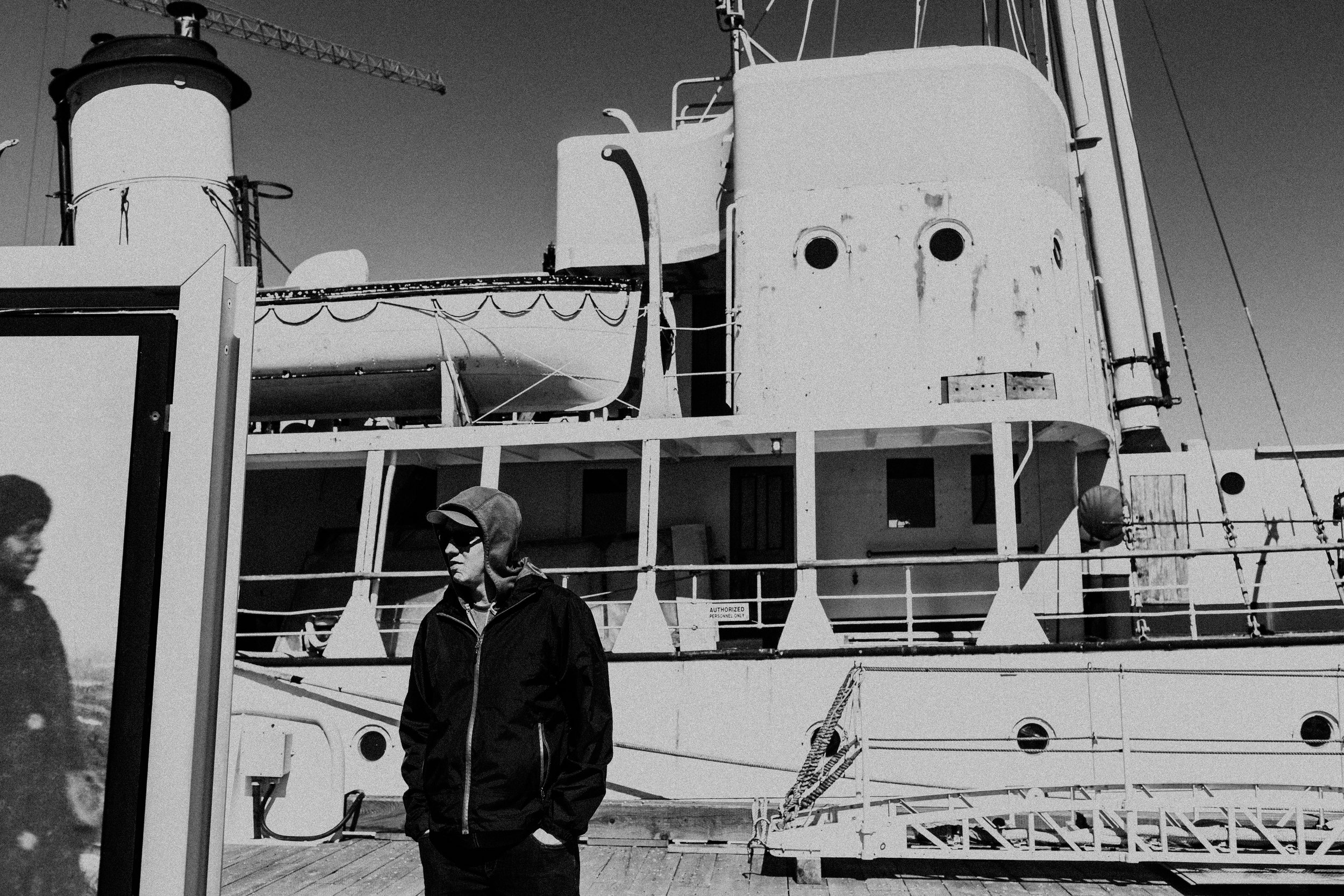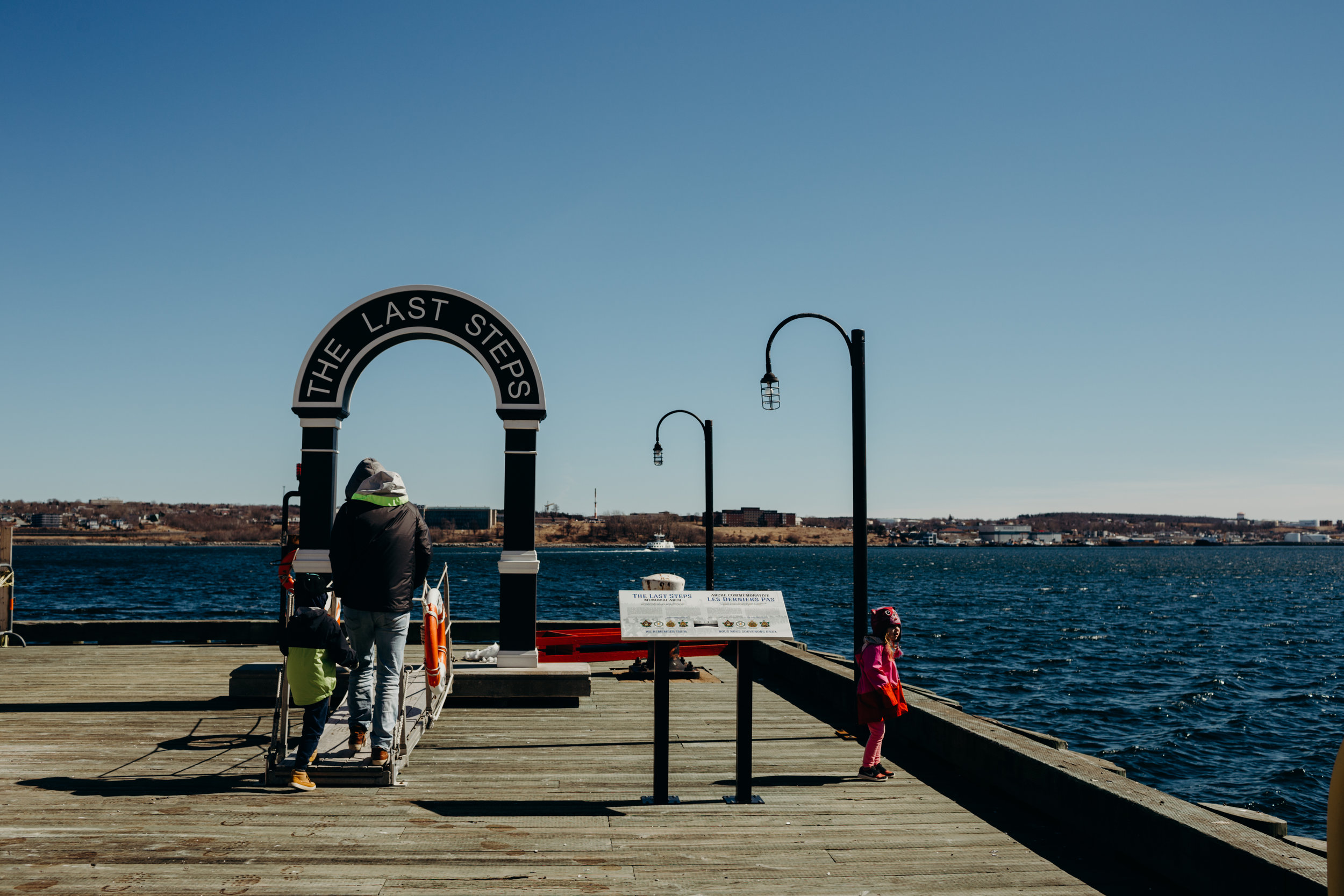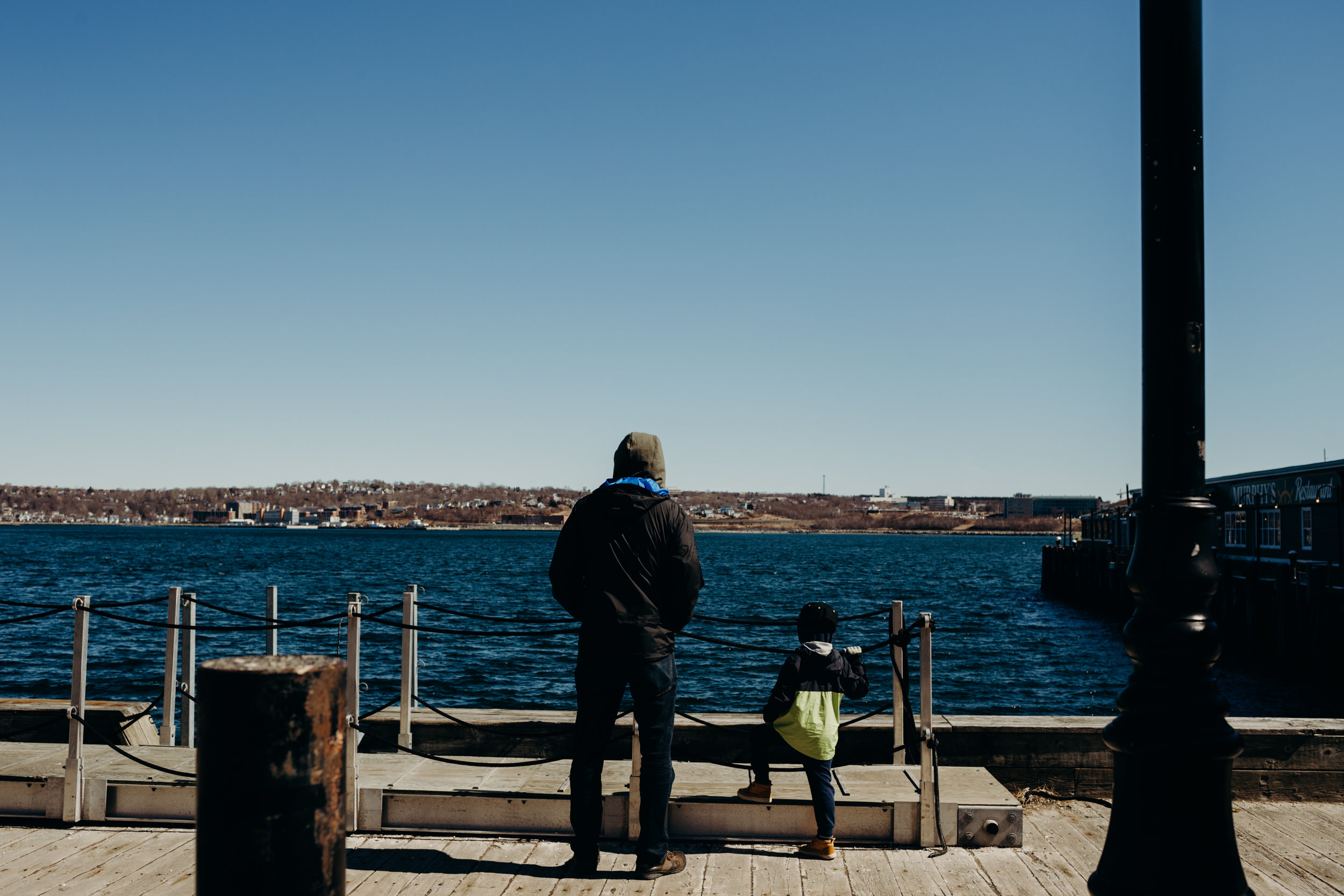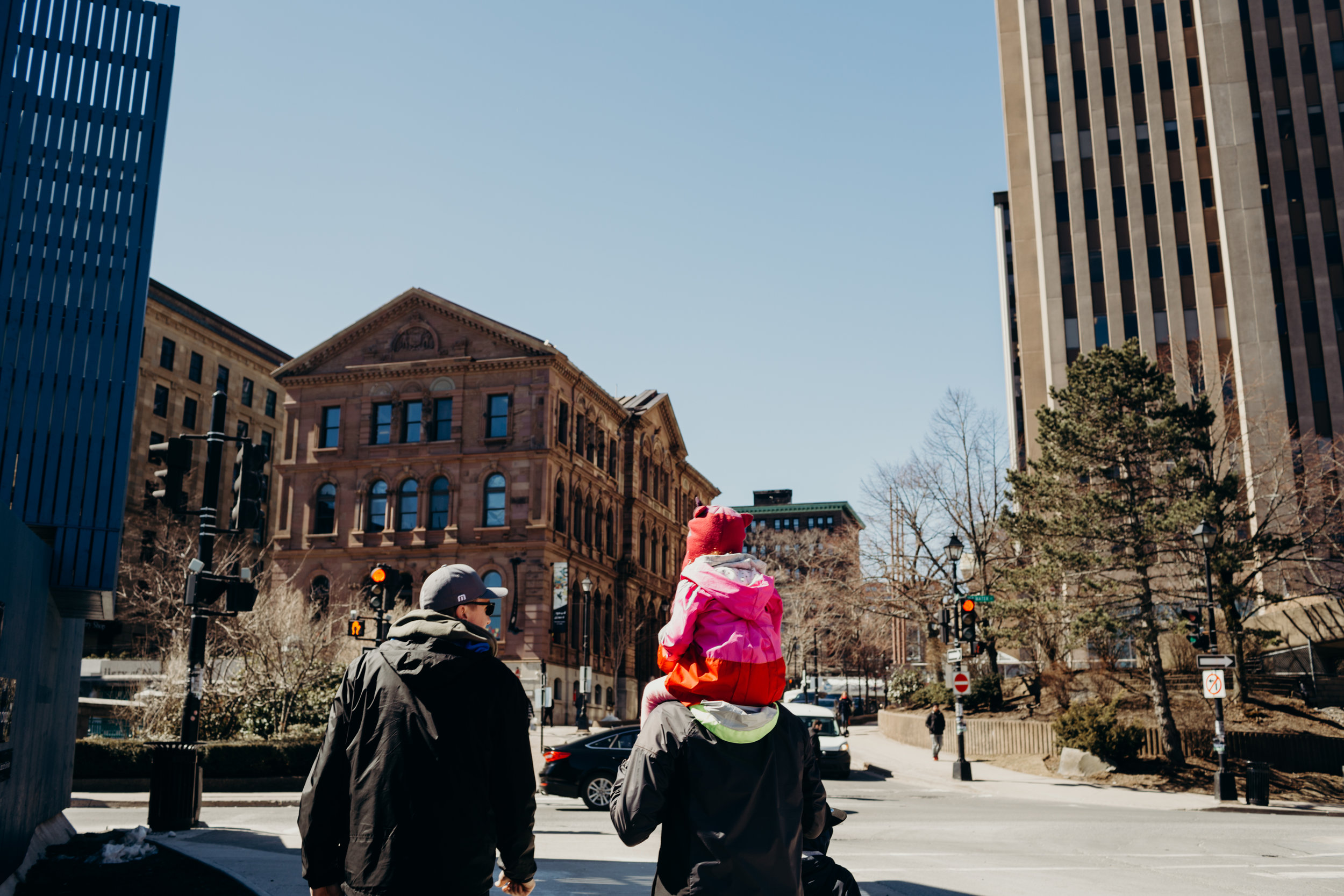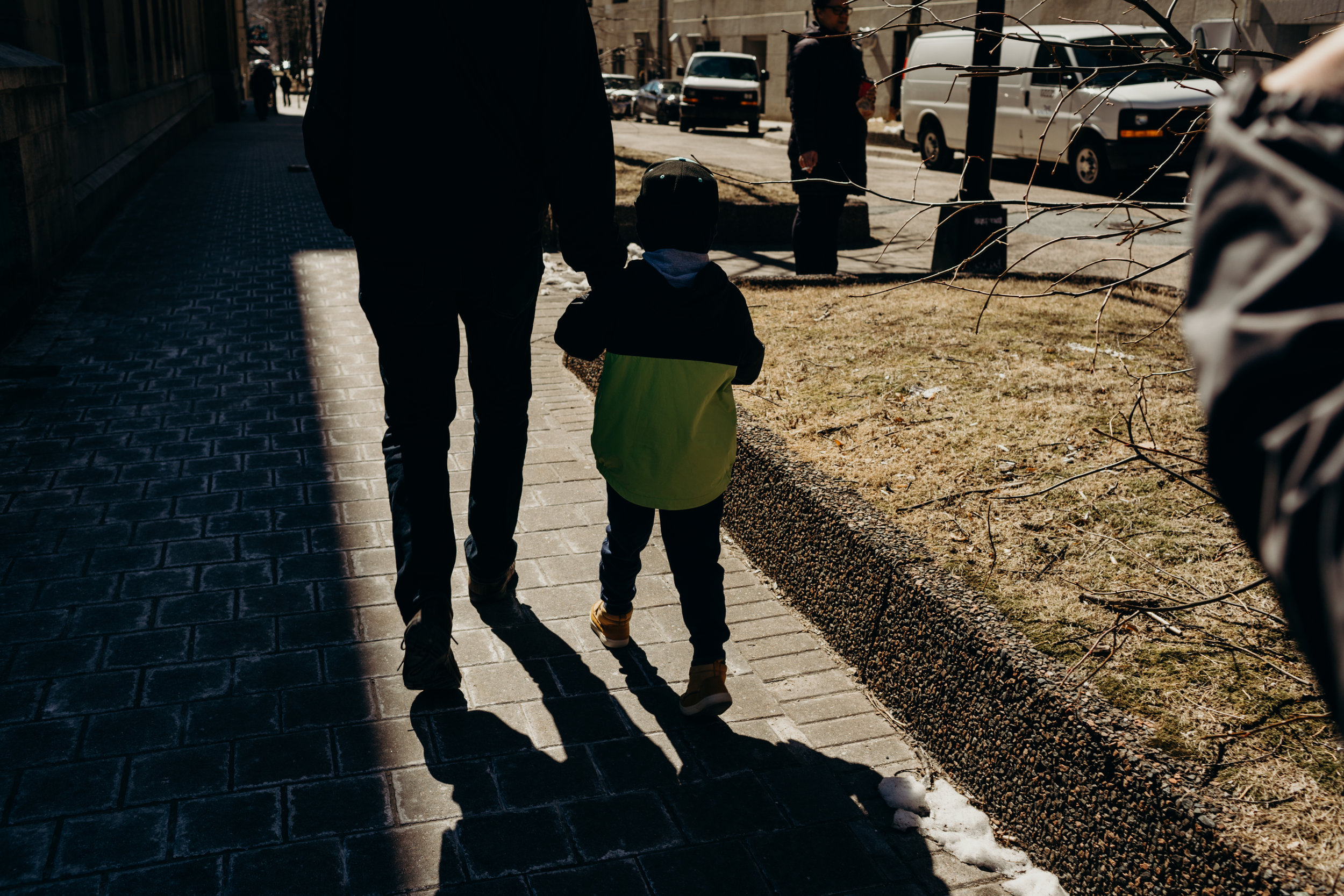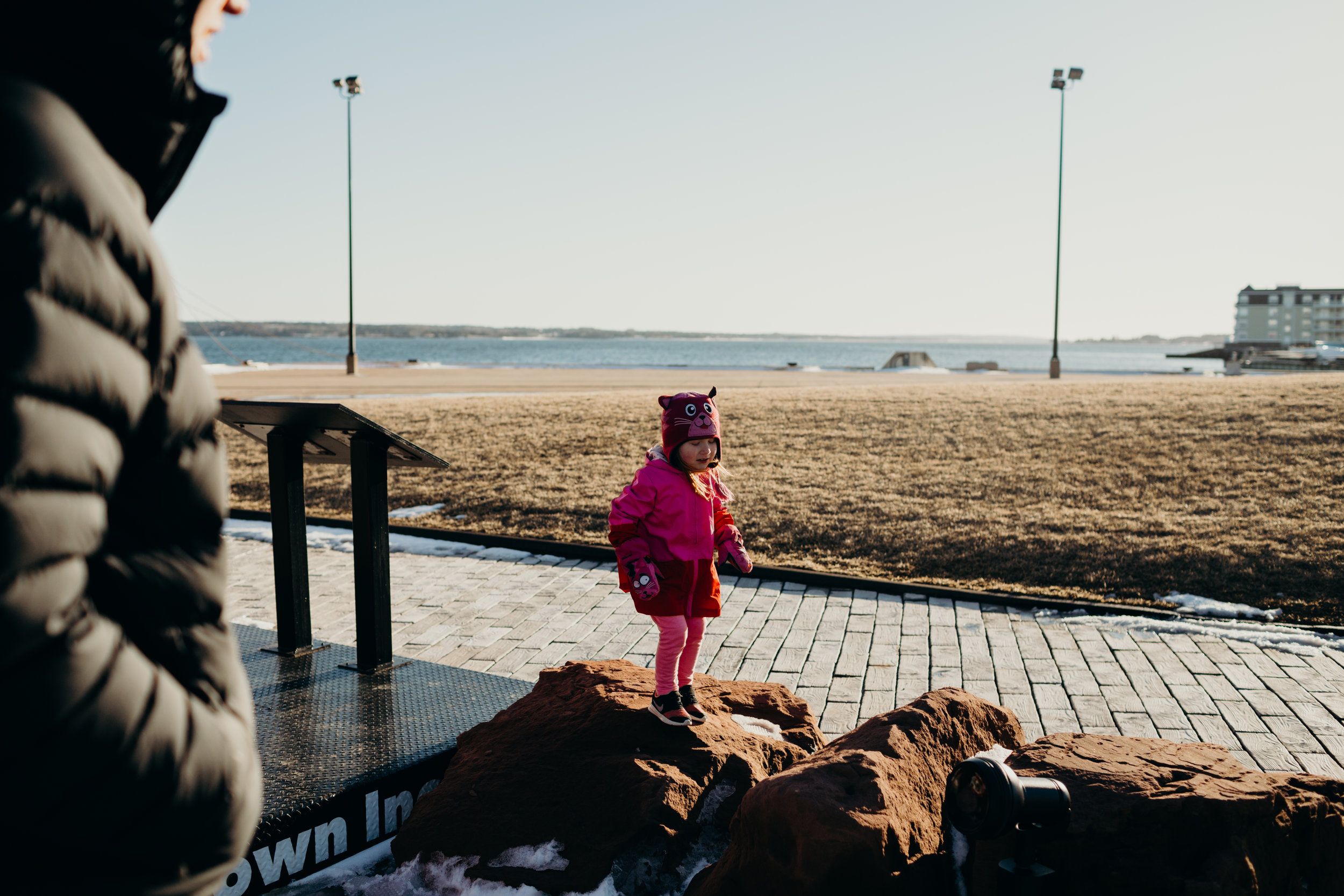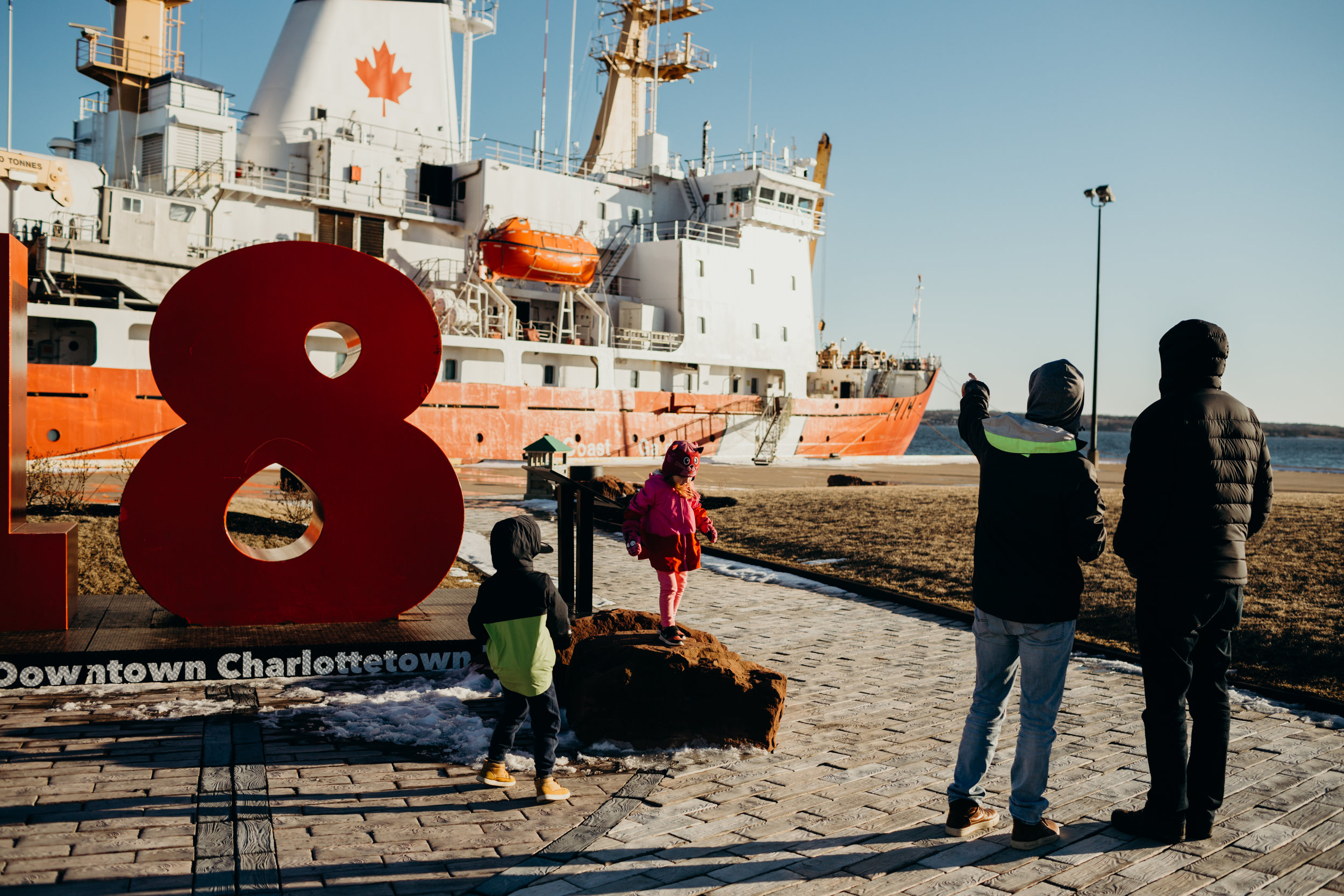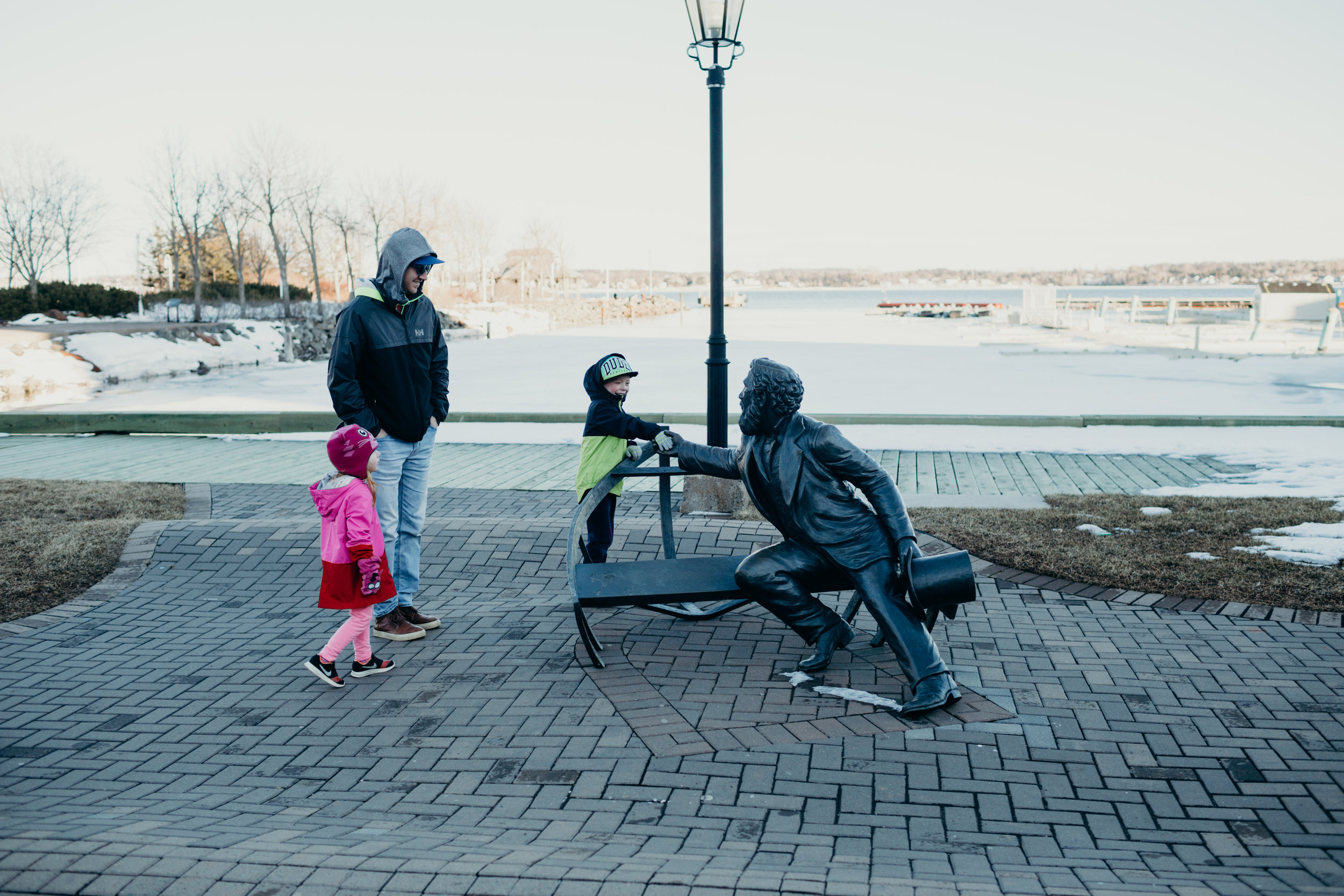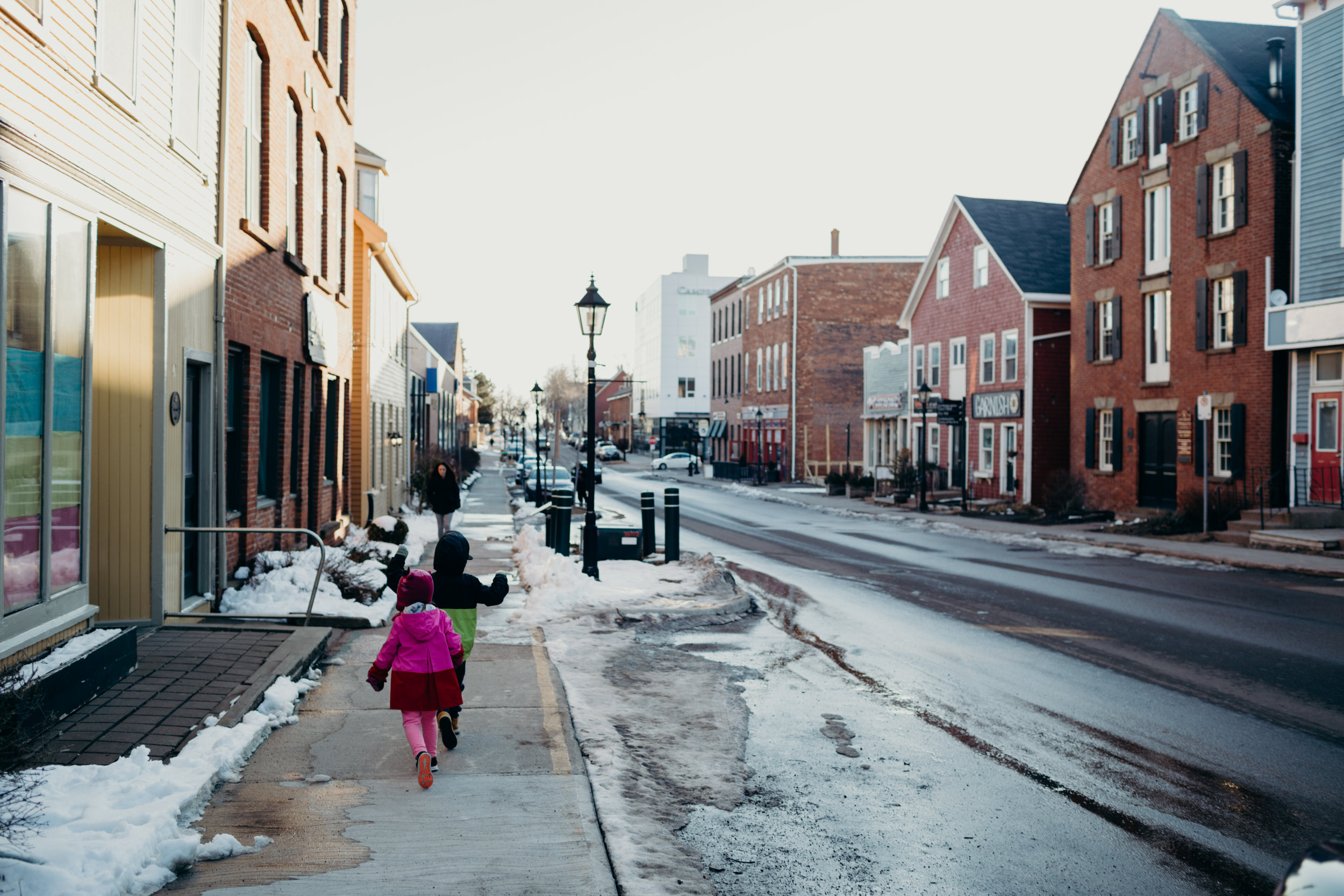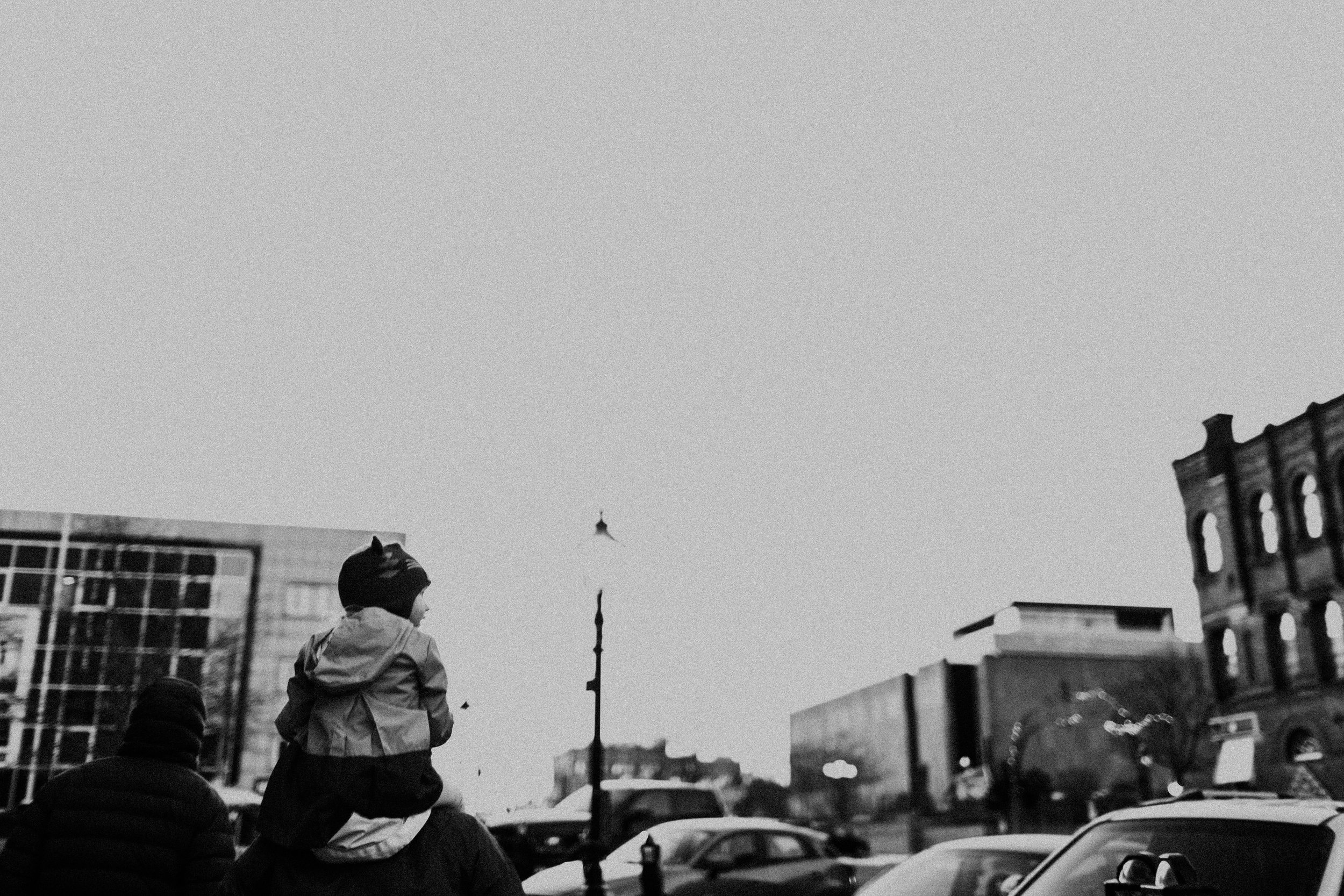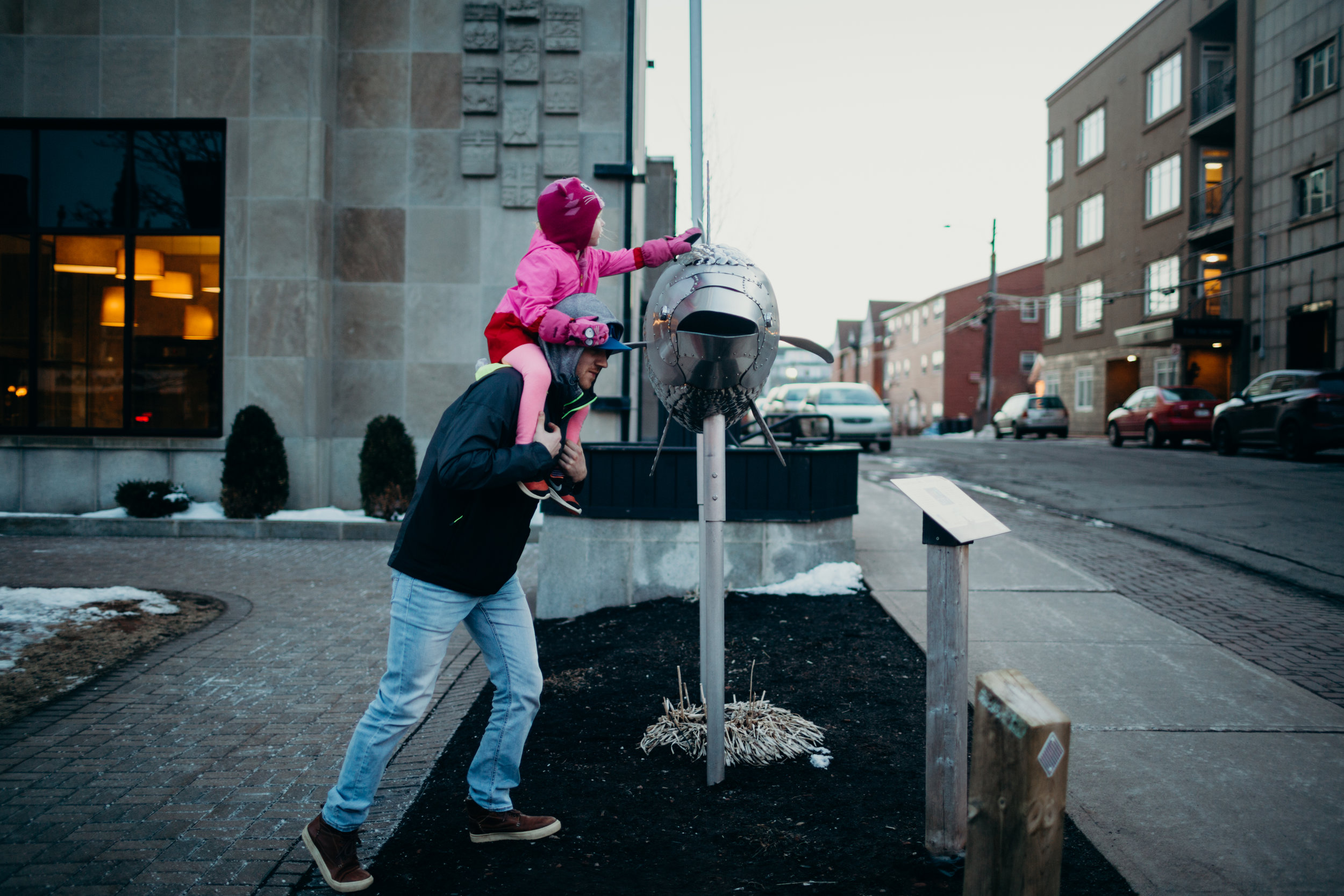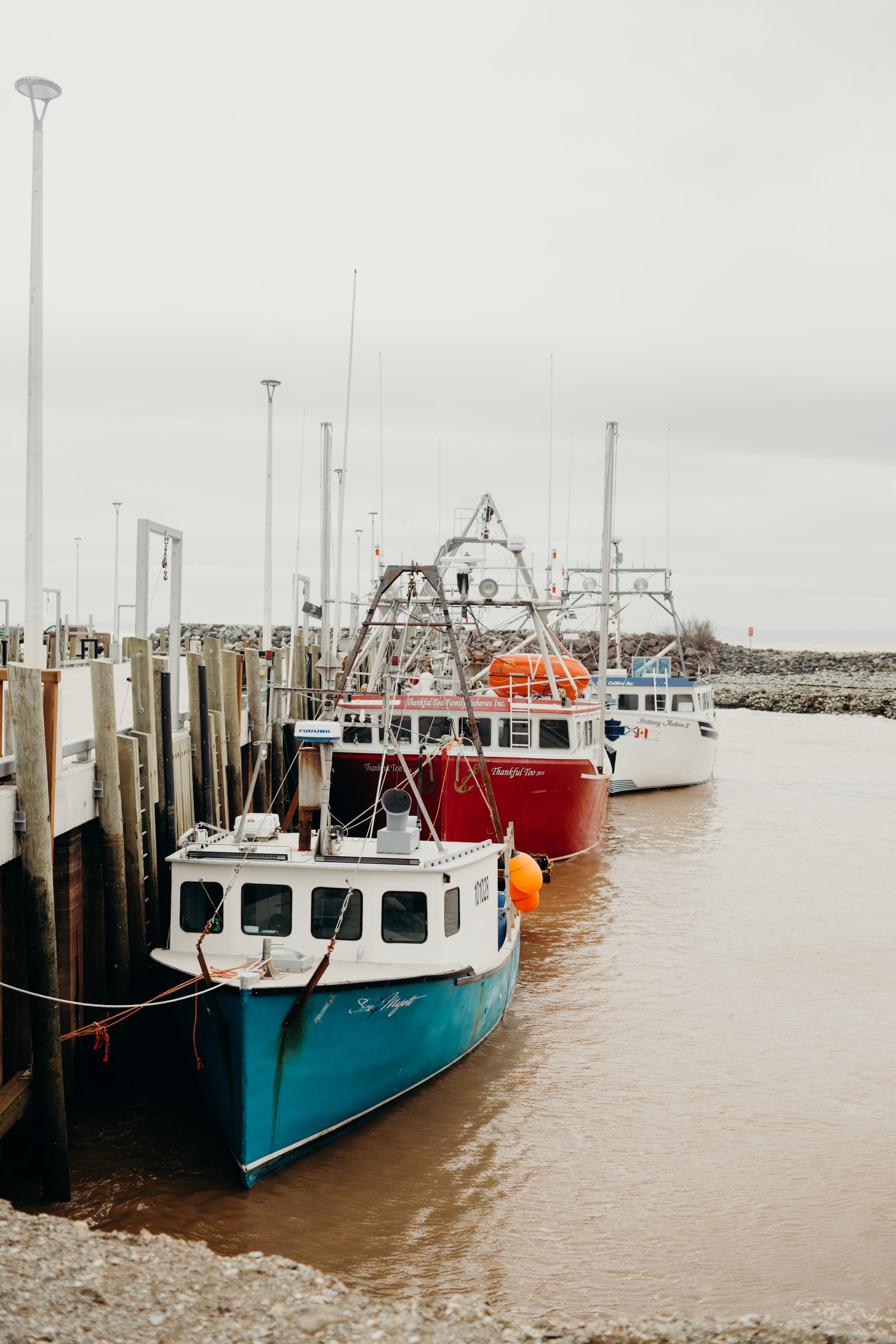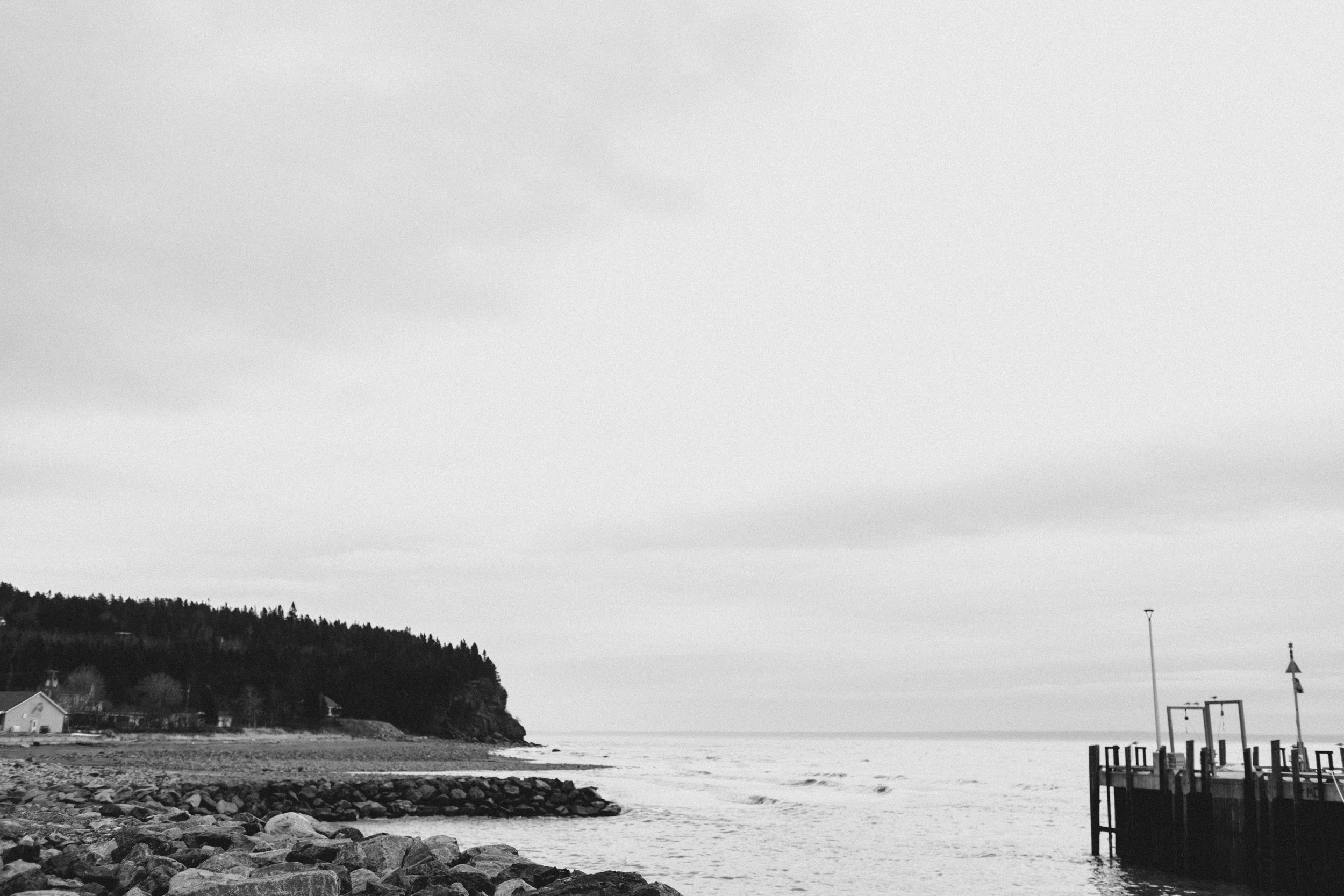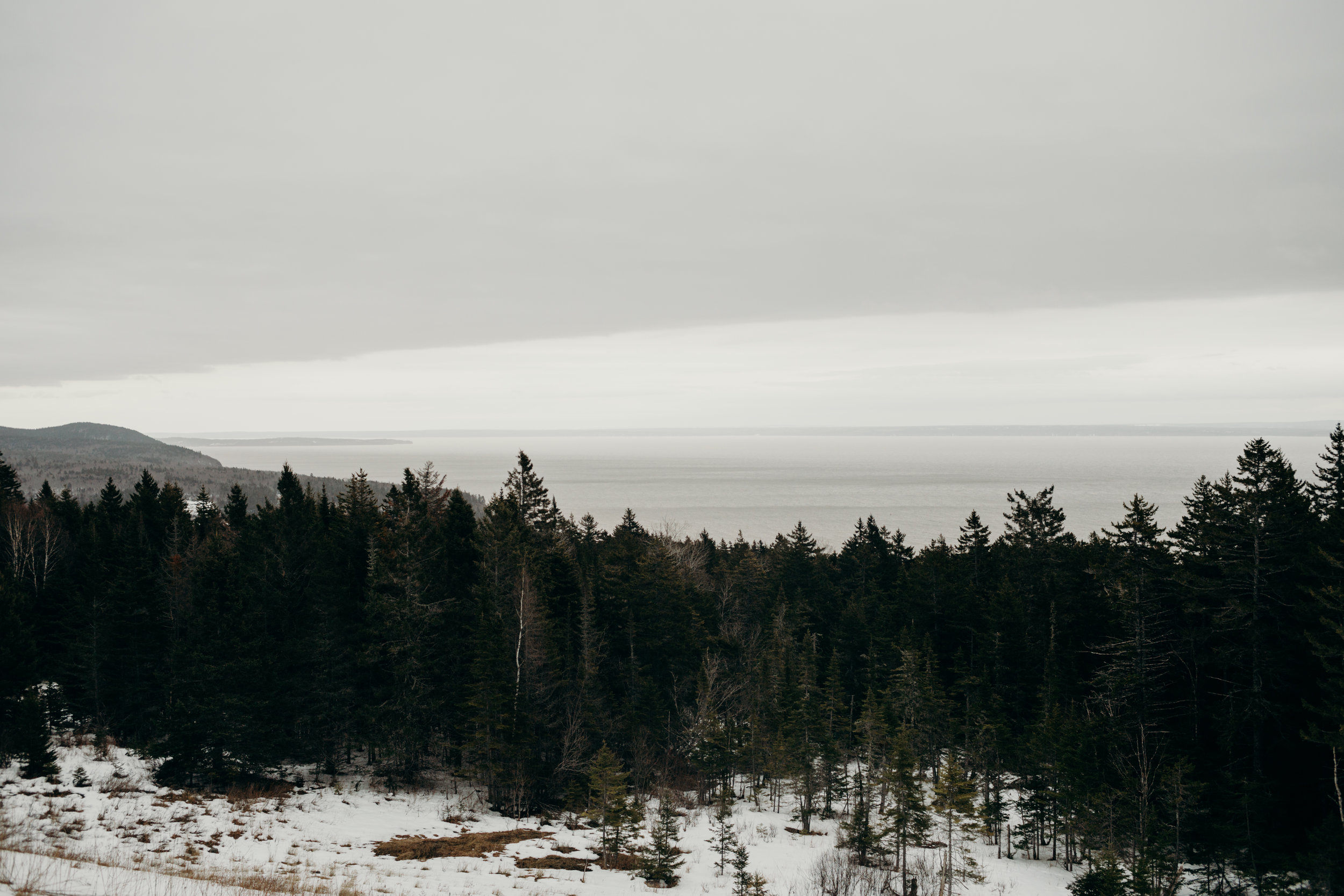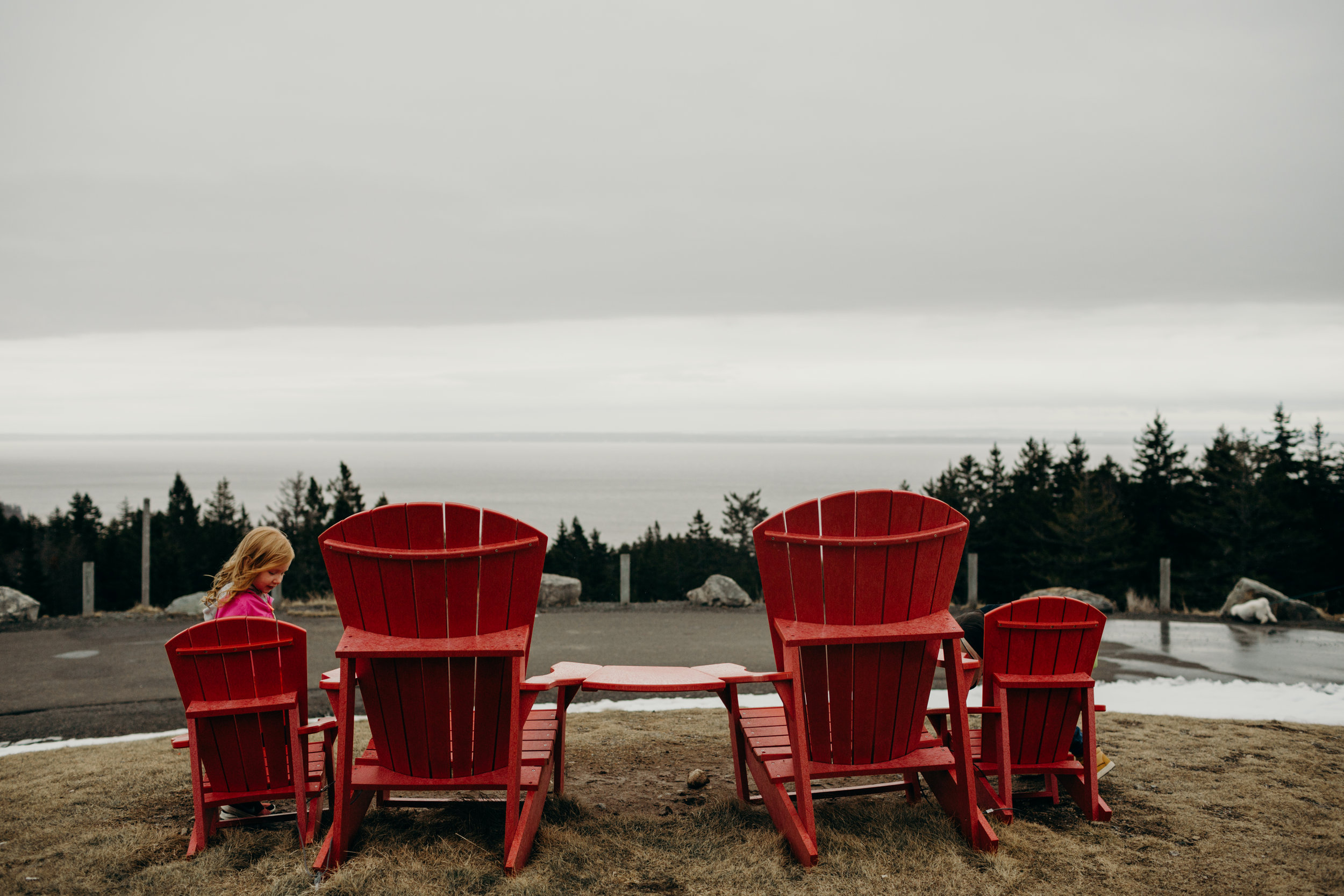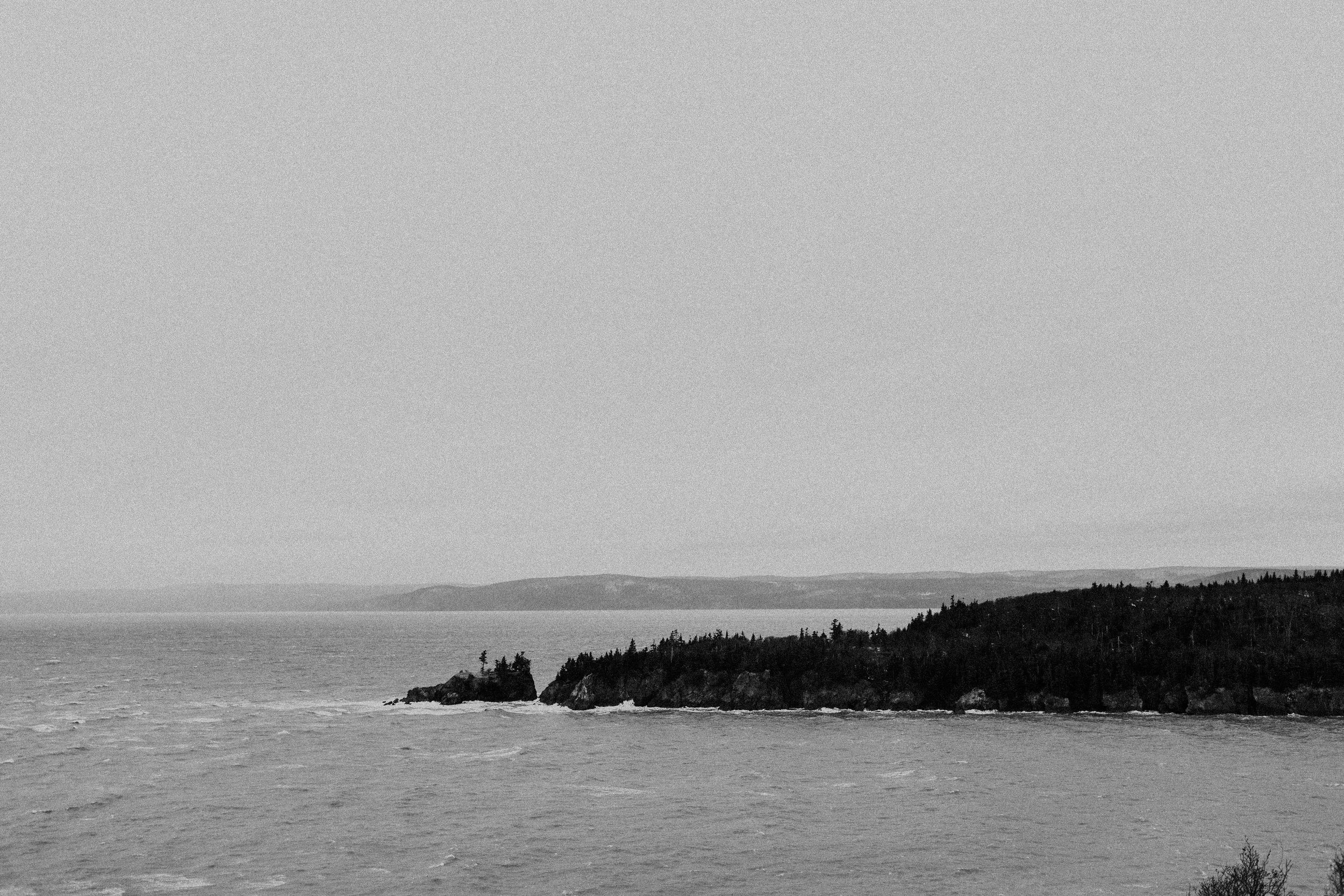It has been easy to share photographs of my kids being all cute and such at their uncle’s wedding, or our seemingly spastic tourist moments while frantically trying to cover as much of the Canadian east coast in three days before the wedding.
What isn’t easy to share are the ‘real life’ things - the new normal and the reality we live.
Just before our travels took us to New Brunswick, we made the difficult decision to move Mom into a personal care facility. It was reassuring to know that she would be cared for well in our absence.
Shortly after we decided that this was the path we must take in our care for Mom, my brother (the groom) broke his jaw. I do believe that injury, just before his wedding, created a distraction for us all. We worried about something that we could fix instead of focusing on how we could no longer strong-arm MSA into fitting into our lives.
And so, we flew to the other side of the country and celebrated love well, while our matriarch remained in the care of others. We cried tears of sorrow too of course – hoping we shared the joy of a new marriage commitment and the sadness of missing someone important at the same time with grace and honour. Those are not always easy things to hold in tension with the other.
Then we came home. And mom wasn’t in her big brown chair at the farm, because that is now in her room in town. The reality of MSA, of any degenerative disease really, is hard to ignore when it literally takes things away.
I have known this move was to happen for a few months now – we had discussed it as a family, through tears and wrestling with the guilt that we should be able to do more but knowing that this is what we need to do, for the wellness of all family members. It doesn’t lessen the ache, though, of knowing the code to enter the facility well and to her room where she remains in the same position until someone moves her body for her.
I’ve struggled in sharing about mom lately, especially in photographs (but that is perhaps another lengthy conversation for another time). I’ve also struggled to name or pinpoint why I hesitate to share, why I’ve become a social media ‘lurker’ for the most part these days. The closest I can come to explaining this is:
- It’s hard to share details of something that greatly affects you but is also someone else’s story. To determine the boundary in what is mine to share publicly and what is not is no easy feat. We, as a family, are so interconnected in this situation and when the center of it is a woman who no longer has the ability to communicate easily with us, it’s difficult to assess and define that boundary clearly.
- This disease is horrible and my mom is not presently the active, vibrant woman she will always be in my heart. The memories of that woman are getting a bit foggy and have faded and I know that Mom as she is now, as a result of the atrophying, is not ‘right’. I want to preserve the vibrancy and the physical strength of my mom – sharing images of her in a wheelchair or a chair aren’t indicators of that pre-MSA mom – and I want to avoid pity. People also get funny around mom (or others with degenerative diseases). It breaks my heart to see pity in the faces of others, directed to mom while in her chair, or to hear people speak loudly and sometimes patronizingly to her. It’s heartbreaking to experience that and so I attempt to prevent those opportunities, right or wrong.
We share our highs often because they are easy. And they should be. New babies, vacations to beautiful locations, delicious coffee, friends that show up in our lives and children being goofy (or simply not behaving like tiny terrorists)… those are our highs and they are beautiful to share and to celebrate. Our ‘lows’ - or the hard, tricky, painful things - aren’t always so easy to share.
The thing I'm learning is that my mom is surrounded by people that love her and my struggles are rooted in unfounded and unnecessary fear. And just like that incredible community of people surrounding Mom, I also have that community. And sharing is almost always worth the risk.

